You’ve probably heard that Nigeria is rich in natural resources, but do you know exactly what natural resources are found there and where they’re located? Nigeria is home to a variety of minerals and natural resources.
As the most populous country in Africa, Nigeria has a high demand for resources to support its large population. It’s no wonder that the country is a major producer of resources like oil, natural gas, coal, bauxite, tantalum, gold, tin, iron ore, limestone, niobium, lead and zinc. With over 250 ethnic groups, Nigeria’s natural resources are spread throughout its diverse landscape. Read on to explore Nigeria’s treasure trove of natural resources and where you can find them.
What are Natural Resources?
Natural resources are materials or substances found in nature that can be used for economic gain. Nigeria’s forests contain timber, cocoa and rubber trees. Cocoa, used to make chocolate, is grown commercially and generates export revenue. Rubber plantations provide raw materials for tires and other rubber products.
Nigeria is blessed with abundant natural resources.
Natural Resources and its Classification
The natural resources in Nigeria can be grouped into two based on their source of origin: biotic (living), like plants and animals, and abiotic (non-living), like sunlight, water, minerals and soil.
Based on renewability, we have renewable resources that can replenish themselves quickly, like plants and animals, and nonrenewable resources that take an extremely long time to form and replenish, like minerals and fossil fuels.
Nigeria is blessed with natural resources at different stages of development: potential resources (largely unexploited), actual resources (currently being exploited), reserve resources (known deposits that are economical to exploit), and stock resources(available supplies that have been processed and stored ready for use).
With prudent management, these natural endowments can be harnessed sustainably for the benefit of all Nigerians.
Natural Resources in Nigeria and Their Location
Nigeria, often referred to as the “Giant of Africa,” boasts an impressive abundance of natural resources, serving as a crucial player in the global resource market. Among its vast reserves, oil and natural gas take center stage. Let’s delve into the significance of these resources and their key locations within Nigeria.
Zinc
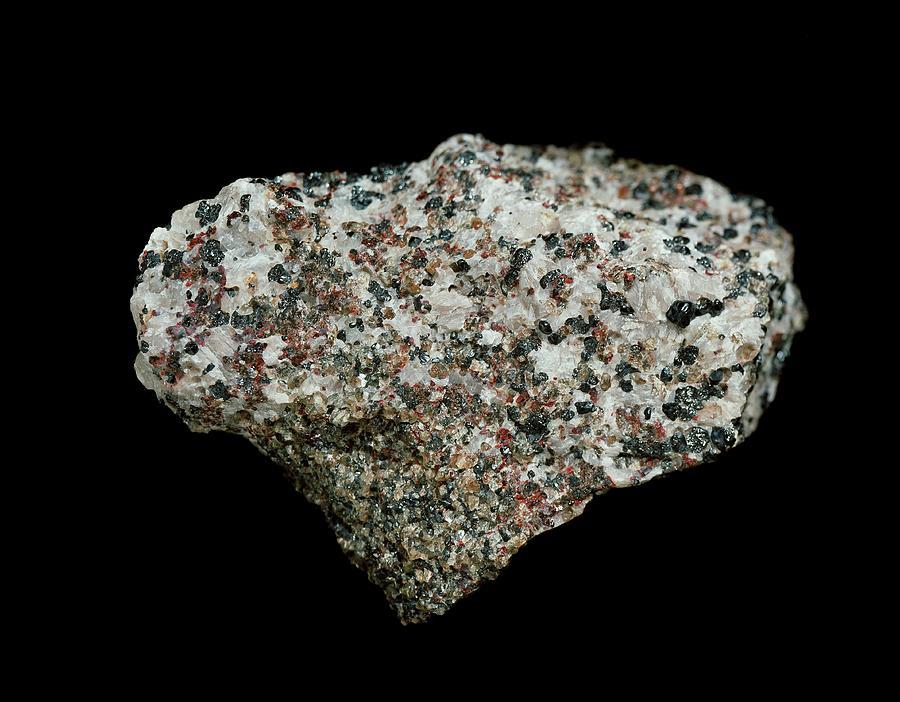
Zinc has been used for centuries in Nigeria, originally imported but now mined locally. Nigeria has large deposits of zinc concentrated in the Abakaliki field, which is made up of primarily four lodes which are; Ishiagu, Enyigba, Ameki and Ameri, in the Lower Benue Trough.
Zinc’s major use is in galvanizing steel or iron coating them in zinc to prevent rust. Galvanized steel is used in buildings, vehicles, and appliances. Zinc also strengthens and hardens alloys like brass and bronze.
About 80% of zinc is used for galvanizing, but it also has uses in medicine, batteries, and chemical production. Zinc oxide is used in products like calamine lotion, diaper rash cream, sunscreen, and acne treatment. Zinc supplements are taken to boost the immune system.
Crude Oil

Nigeria has a long history of crude oil production and is currently one of the largest oil producers in Africa. Crude oil was first discovered in Nigeria in 1956 at Oloibiri in the Niger Delta region, such as Abia, Akwa Ibom, Anambra, Bayelsa, Cross River, Delta, Imo, Ondo, and Rivers State. Commercial production began in 1958 and has been ongoing ever since. Nigeria’s oil reserves are estimated at about 37 billion barrels, with over 95% of oil production coming from the Niger Delta region, specifically from Agbami, Akpo and Bonga fields.
Crude oil is Nigeria’s most valuable natural resource, and the industry accounts for about 6.21 percent of the total real GDP in Q1 2023, 80% of export earnings and 85% of government revenue. Nigeria’s light, sweet crude oil is highly sought after on the global market because of its low sulfur content and relatively high yields of gasoline and distillate products.
Gemstones
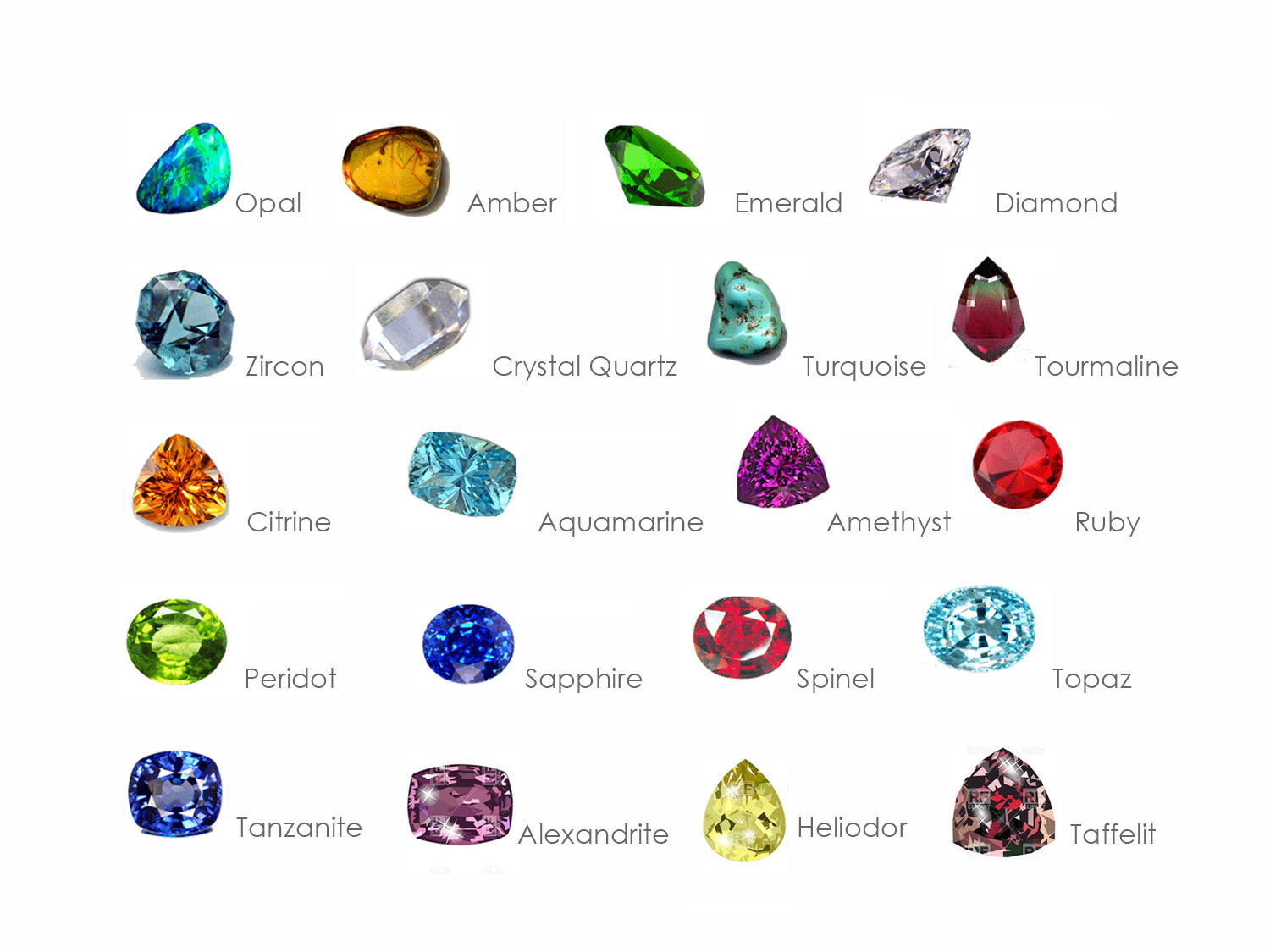
The gemstone industry in Nigeria has a long and rich history. Some of the gemstones found in Nigeria include:
- Tourmaline: Found in Oyo and Kaduna states, used in jewelry.
- Aquamarine: A variety of beryl found in Kaduna and Plateau states, also used in jewelry.
- Topaz: Found in Bauchi and Oyo states, used in jewelry and for metaphysical purposes.
- Amethyst: A variety of quartz found in several states, used in jewelry and for metaphysical purposes.
- Garnet: Found in several states, used in jewelry and for industrial purposes.
- Sapphire: A variety of corundum found in several states, primarily used in jewelry.
These gemstones have been mined and traded in Nigeria for centuries and were highly prized by neighboring African kingdoms. Today, Nigeria’s gemstones are still admired around the world for their quality and beauty.
Clay
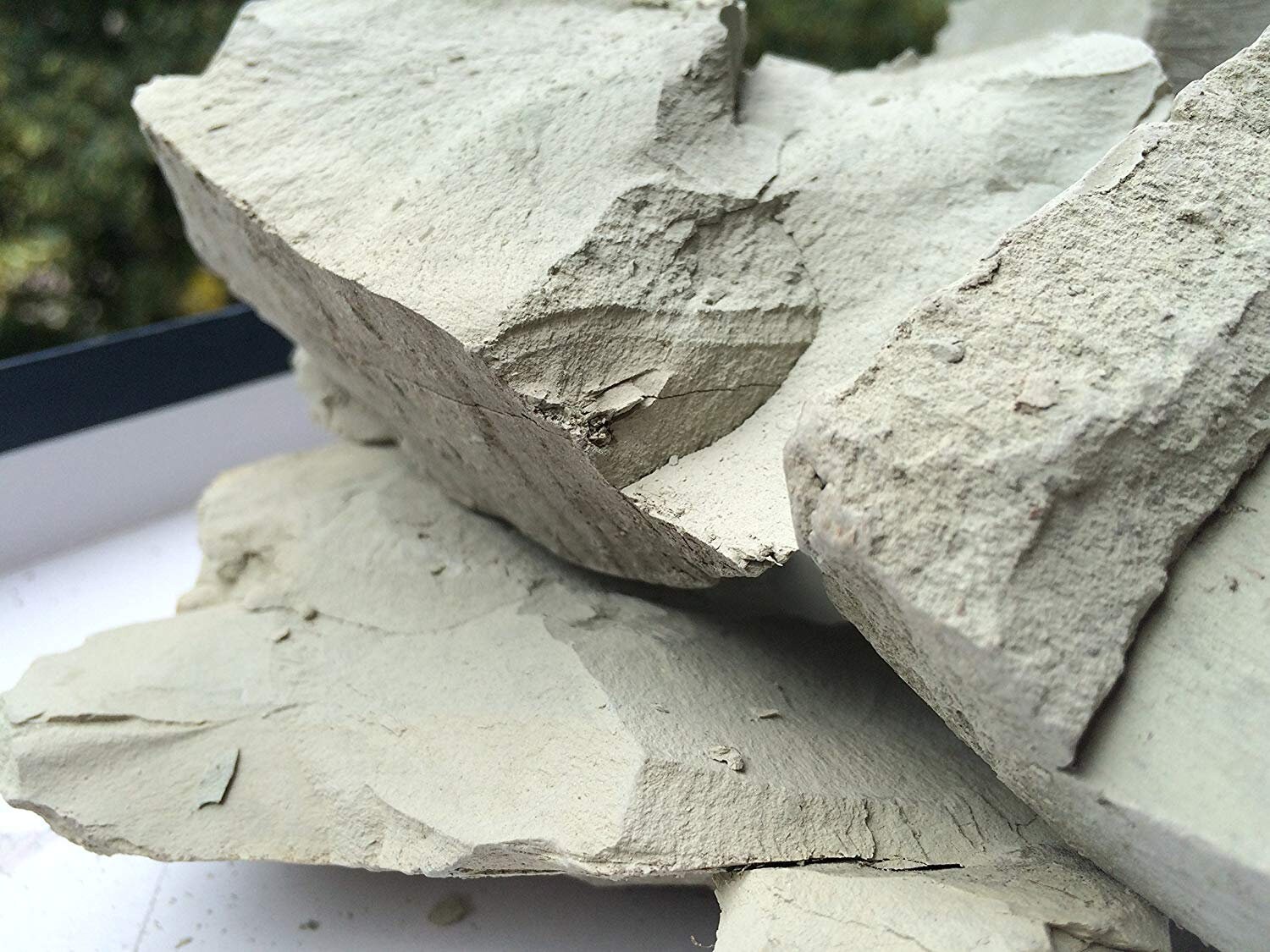
Clay is another significant natural resource found in Nigeria, with a rich history and diverse range of uses. The history of clay in Nigeria dates back centuries, with evidence of its utilization by ancient African kingdoms. These civilizations recognized the unique properties of clay, using it for pottery, construction, and artistic expression. Clay artifacts and pottery fragments discovered across the country provide a glimpse into the craftsmanship and creativity of past societies.
The geographical distribution of clay deposits in Nigeria is diverse. It can be found in various states across the country, including Ogun, Nasarawa Edo, Delta, Abuja, Akwa Ibom, Benue, Kogi, Bauchi, and Sokoto.
Iron Ore
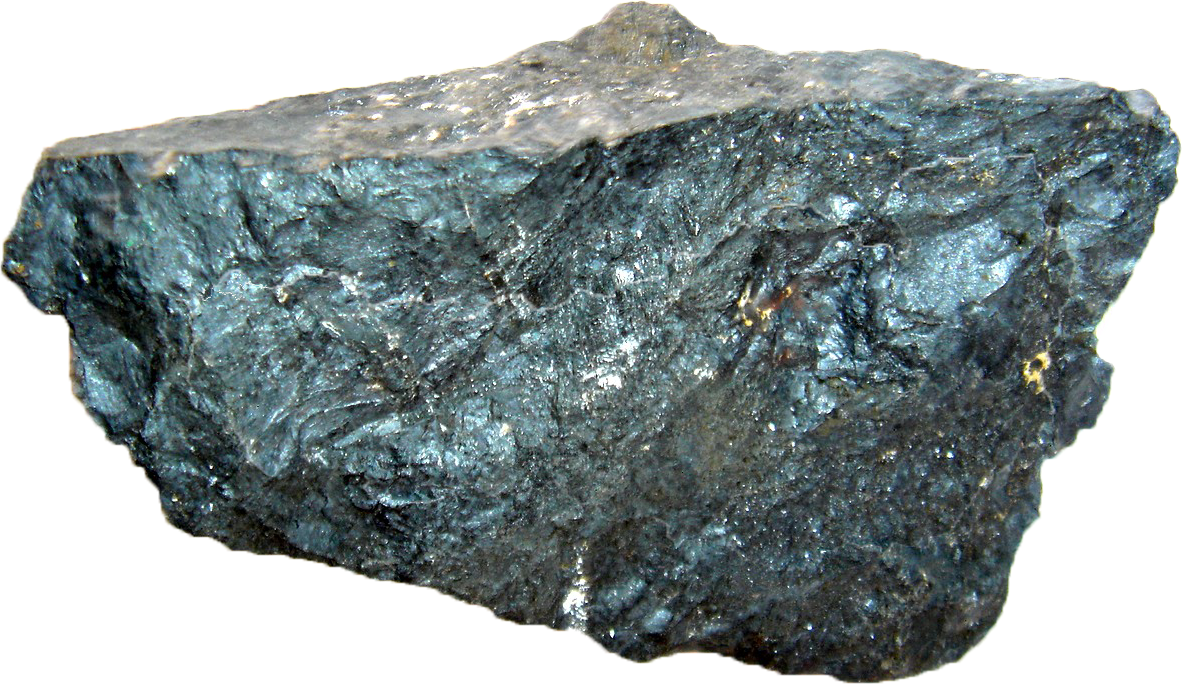
Iron ore is one of the major mineral resources in Nigeria, with its largest deposit in Itakpe, Kogi State. Other states with substantial iron ore deposits include Bauchi, Gombe, Benue, Kaduna, Kwara, Kebbi, Nasarawa, Niger, Osun and Zamfara.
Nigeria’s iron ore is rated as one of the best globally due to its quality and high iron concentration.
Lead
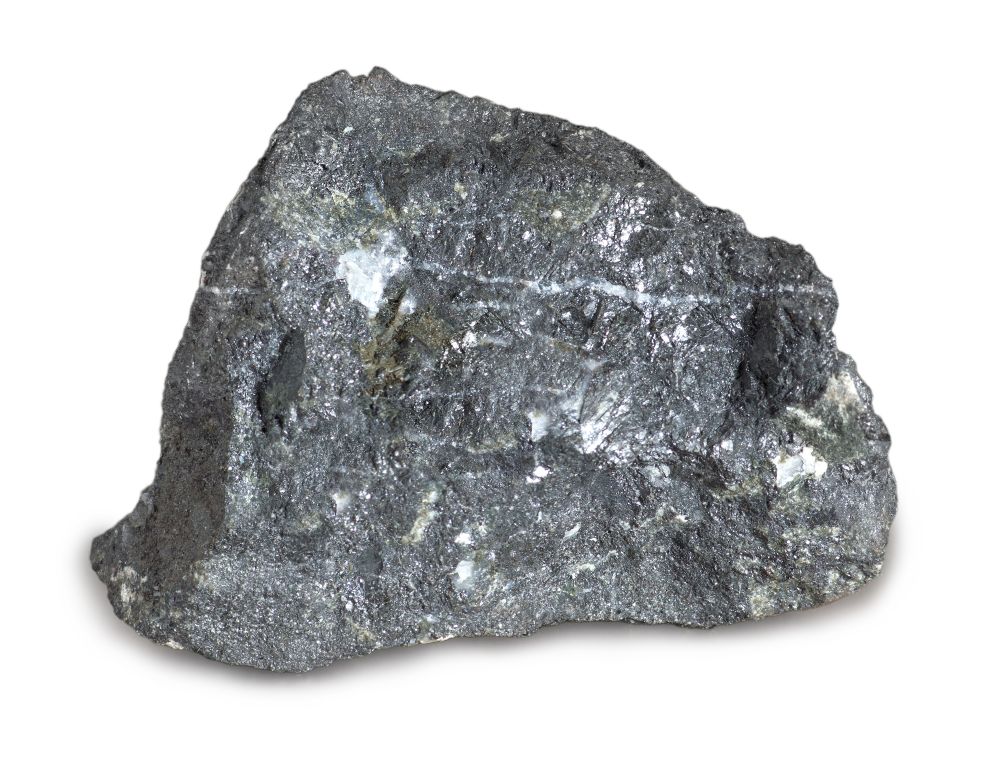
Lead is another valuable natural resource found in Nigeria, with a fascinating history, versatile uses, and specific locations where it can be found.
Historically, lead has been utilized by various civilizations for its unique properties. Dating back centuries, lead was used by ancient African kingdoms for a range of purposes, including decorative items, plumbing systems, and even medicinal applications.
In modern times, lead continues to hold significance in Nigeria’s industrial landscape. Its applications span across multiple sectors, such as construction, batteries, ammunition, and radiation shielding. The diverse uses of lead showcase its versatility and importance in various manufacturing processes.
When it comes to the geographical distribution of lead deposits in Nigeria, specific locations stand out. Notably, lead can be found in significant quantities in states such as Akwa Ibom, Ebonyi, Bayelsa, Imo, Zamfara, Plateau, Benue, and Cross River. These regions have been recognized for their rich lead deposits, attracting both local and international interest.
Salt
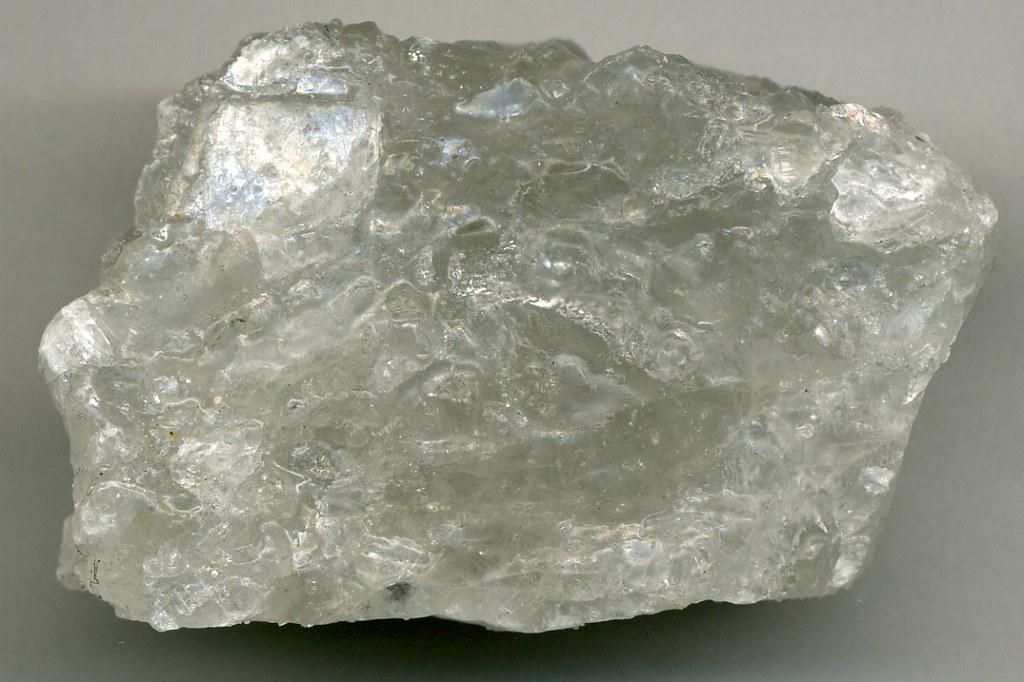
Salt has been used for centuries in Nigeria for preserving and seasoning food. Rock salt deposits are found in large quantities in Ebonyi State, hence its slogan, “The Salt of the Nation.” Other locations include; Abia, Sokoto, Cross River, Benue, Imo, and Anambra states.
Nigeria’s salt industry began in the 1800s, mostly harvested from natural salt springs and salt lakes. The Awe, Dukku, Itakpe, and Oloibiri salt springs contributed nearly 24,000 tons of salt annually in the early 1900s.
Today, salt production in Nigeria exceeds 1.5 million tonnes per year, both from natural and industrial sources, making Nigeria the largest salt producer in West Africa. In addition to food preservation and seasoning, salt also has key industrial uses, like the production of caustic soda, chlorine, and hydrochloric acid.
Granite
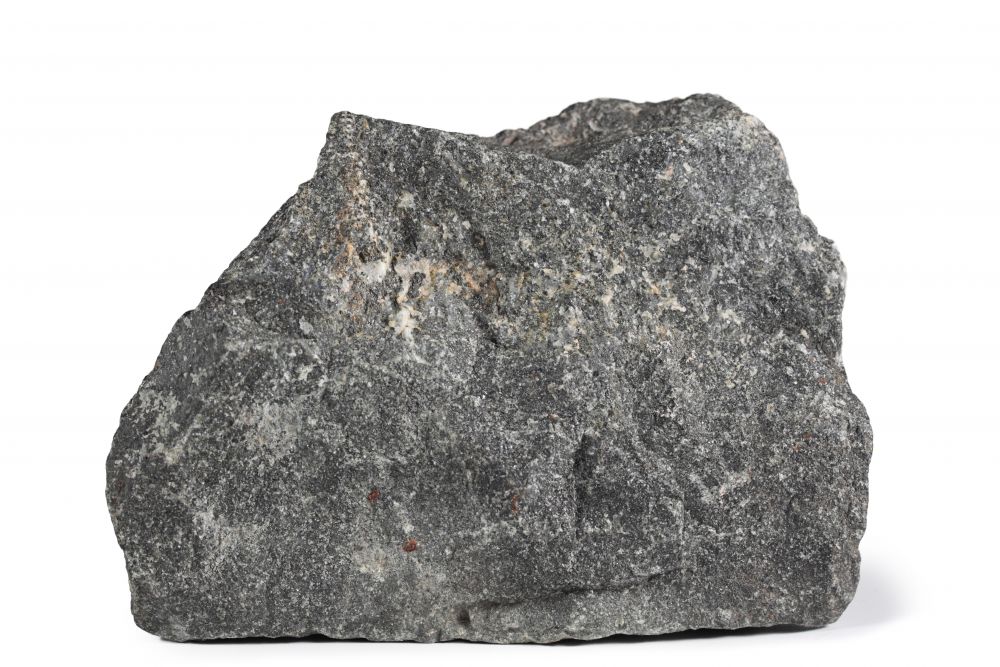
Granite is an igneous rock made up of quartz, feldspar, and mica. It’s one of the most abundant rock types in the Earth’s crust. In Nigeria, granite is found in large quantities in Ekiti, Cross River, and Abuja.
Granite is useful as a building material due to its hardness and durability. The rock is quarried and cut into blocks that are used for flooring, stairs, countertops, and building facades. Crushed granite is also used to make concrete and asphalt for road construction.
Tin Ore
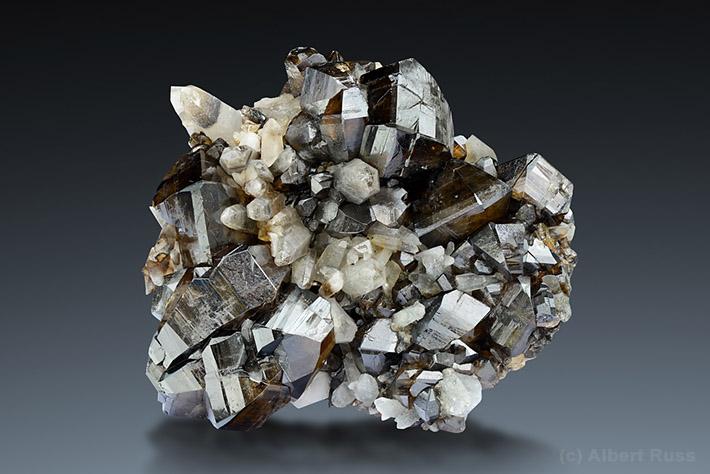
Tin ore, or cassiterite, has been mined in Nigeria for centuries. Tin is used to make cans and containers, as a solder for joining pipes, and in electronics. Nigeria has large deposits of tin ore, specifically in Plateau, Bauchi and Abuja.
Discoveries of tin ore in the year 1884 by Sir William Wallace led to a tin mining boom, especially around Jos.
Limestone
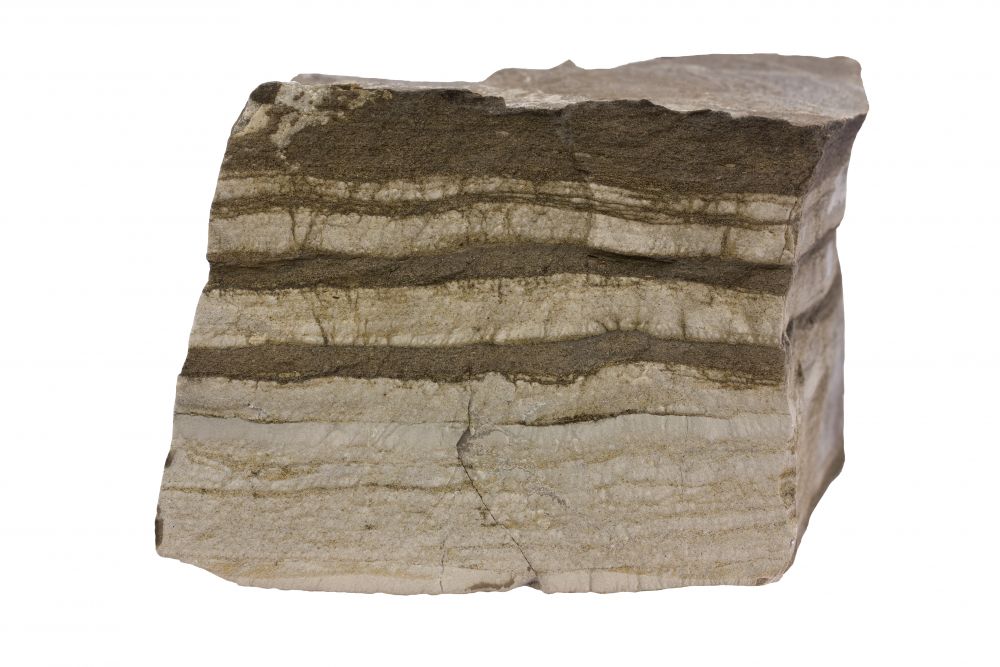
Limestone is a sedimentary rock found in large quantities in Nigeria. It is composed mainly of calcium carbonate (CaCO3) derived from the accumulation of shells, bones and other calcium-rich materials over time. Nigeria has extensive deposits of limestone, estimated at over 10 billion tons.
States with large limestone deposits are Ebonyi and Cross River State. Other states with deposits include; Abia, Akwa Ibom, Anambra, Bauchi, Bayelsa, Benue, Borno, Enugu, Edo, Imo, Ogun, Ondo and Sokoto.
Limestone is a very useful mineral resource with many applications in various industries, such as cement production, agriculture, construction and water treatment. Limestone is also used to neutralize acidic soil, provide calcium for plant nutrition and in the treatment of water.
Copper
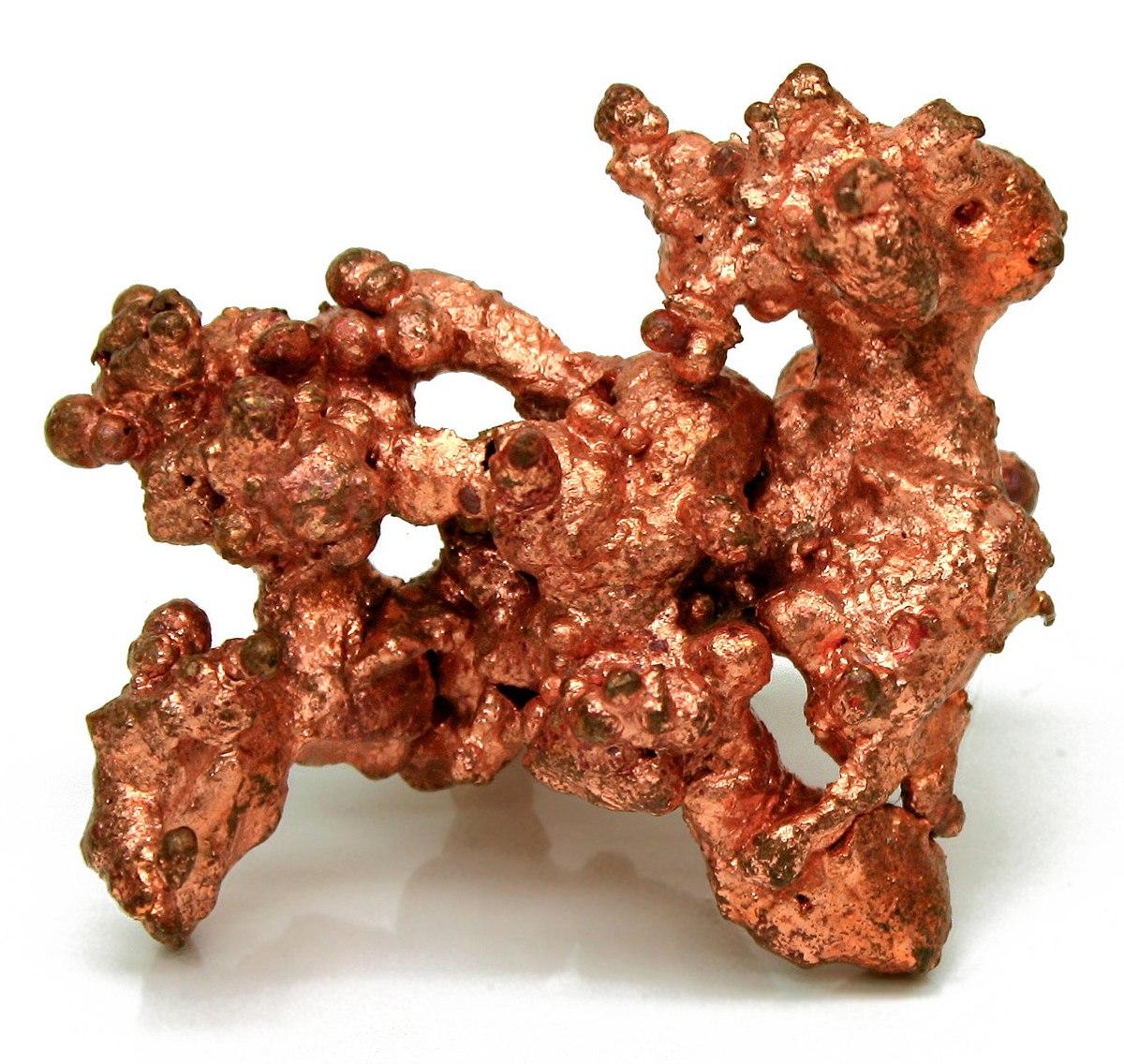
Copper has been used in Nigeria for thousands of years and continues to play an important role in the economy. Nigeria has vast copper ore deposits, with the largest mines located in Nasarawa, Plateau, Zamfara, Bauchi, Gombe, Kano, and Abia State.
Bentonite
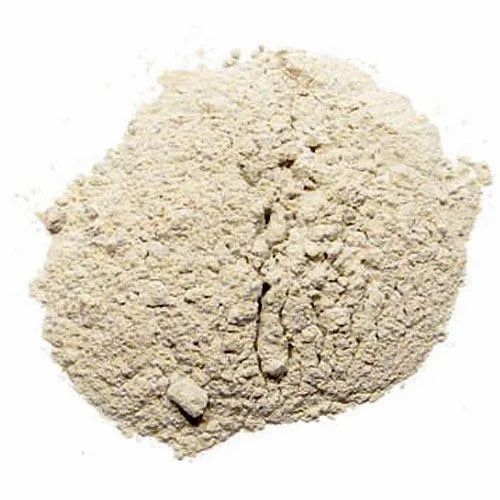
Bentonite is an important non-metallic mineral resource. Bentonite has applications in foundry, iron ore pelletizing, drilling mud, civil engineering and wastewater treatment.
Major bentonite reserves are found in Ado Ekiti, Ondo State and parts of Bayelsa and Ebonyi States.
Silver
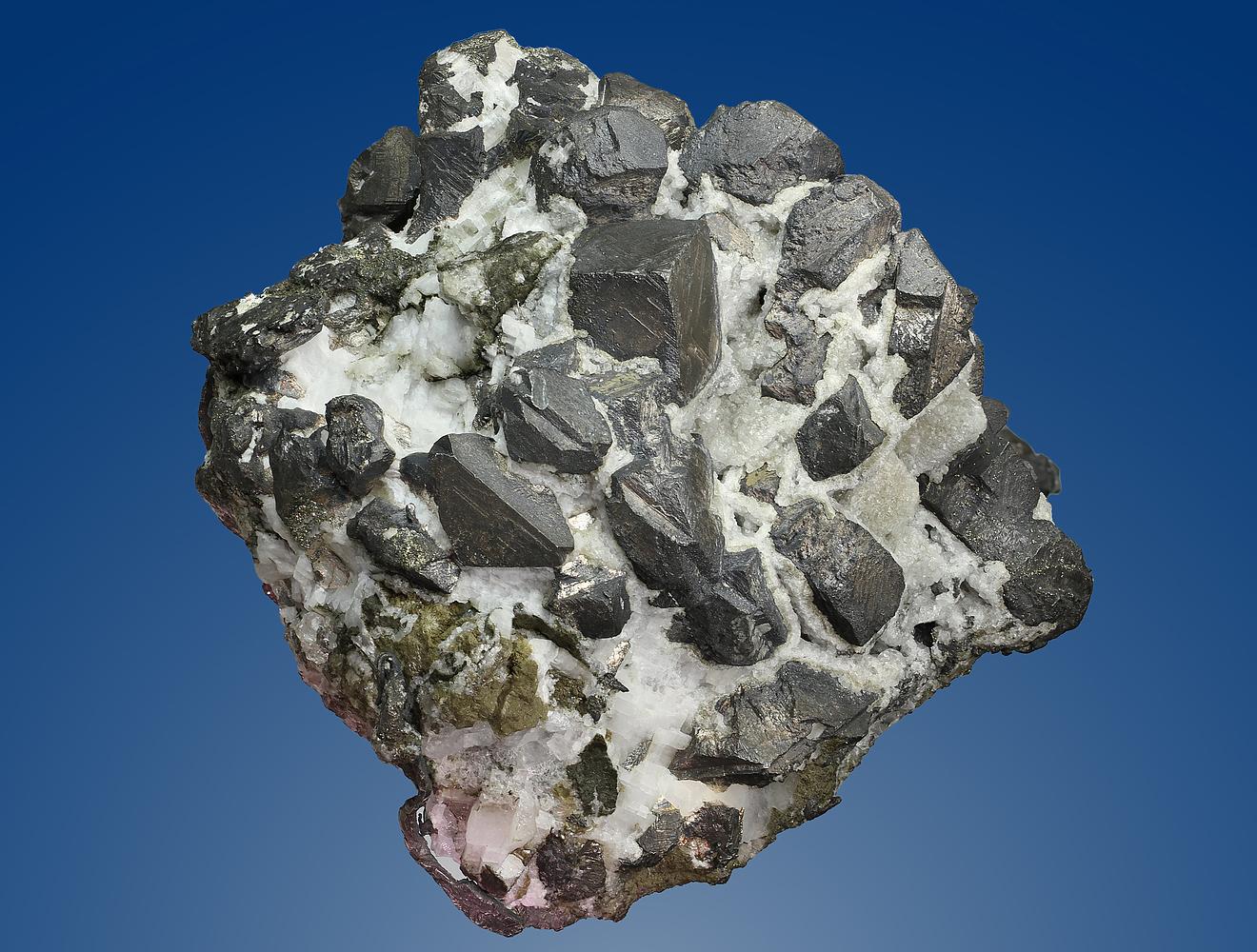
Silver has a long history of use in Nigeria, dating back to the 9th century. Today, Nigeria has one of the largest silver reserves in Africa, with deposits located mainly in Kano and Taraba. Some traces are also found in Ebonyi. The silver found in Nigeria typically contains high amounts of lead and zinc.
Silver’s main use is in the industrial sector for products like electrical contacts, circuit boards, batteries, and photography. Due to its antibacterial properties, silver is also popular in the medical field for wound dressings, catheters, and surgical instruments. For most of history, silver was used as currency and for jewelry, cutlery, and other decorative items due to its attractiveness and malleability.
Gypsum
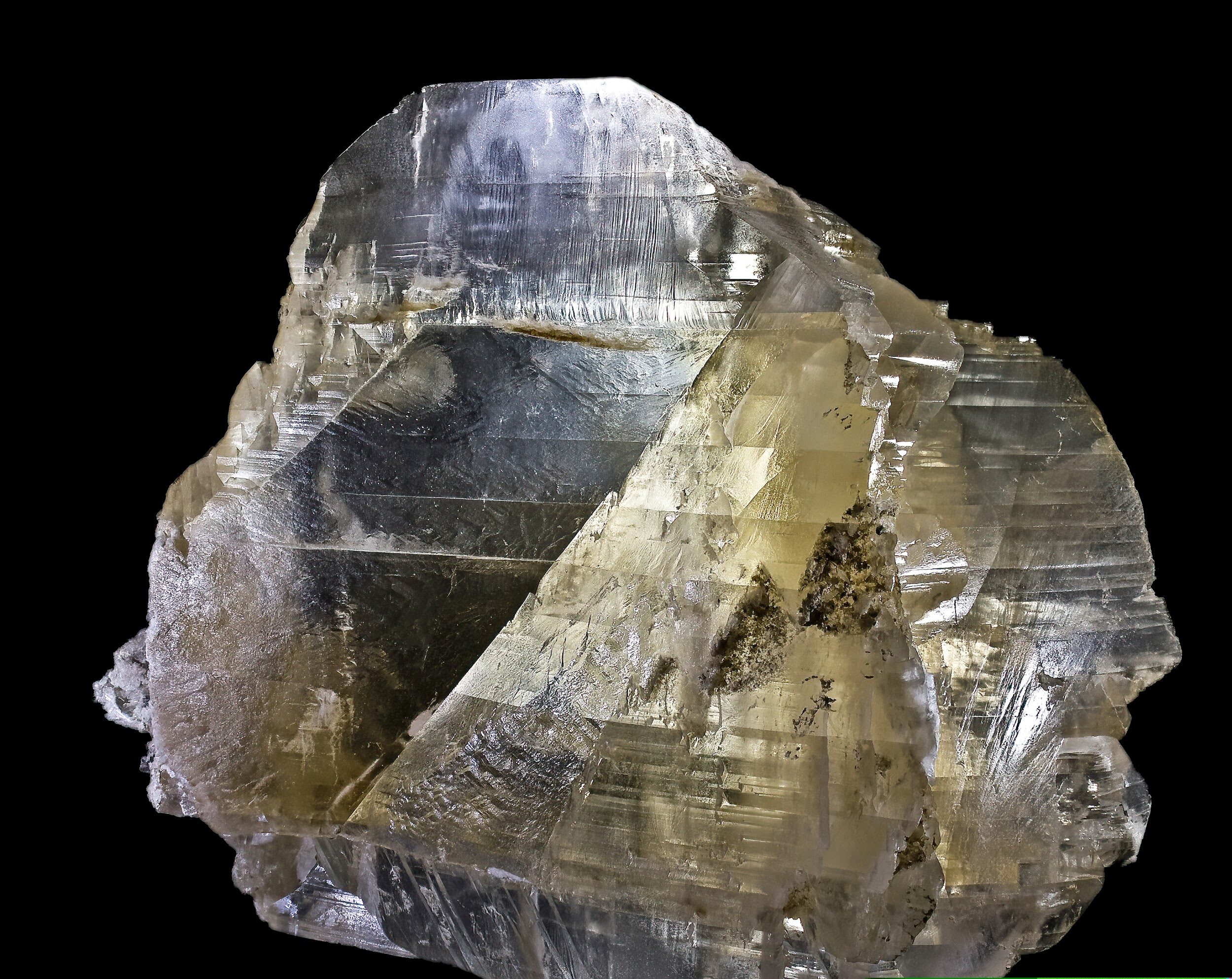
Gypsum is a soft sulfate mineral composed of calcium sulfate dihydrate. It was evaluated and reported in 1921; it is commonly used in fertilizer and plaster.
Nigeria has large deposits of gypsum in Adamawa, Ondo, Anambra, Sokoto, Bauchi, Edo, Bayelsa, Gombe, Imo, and Borno states.
Gold
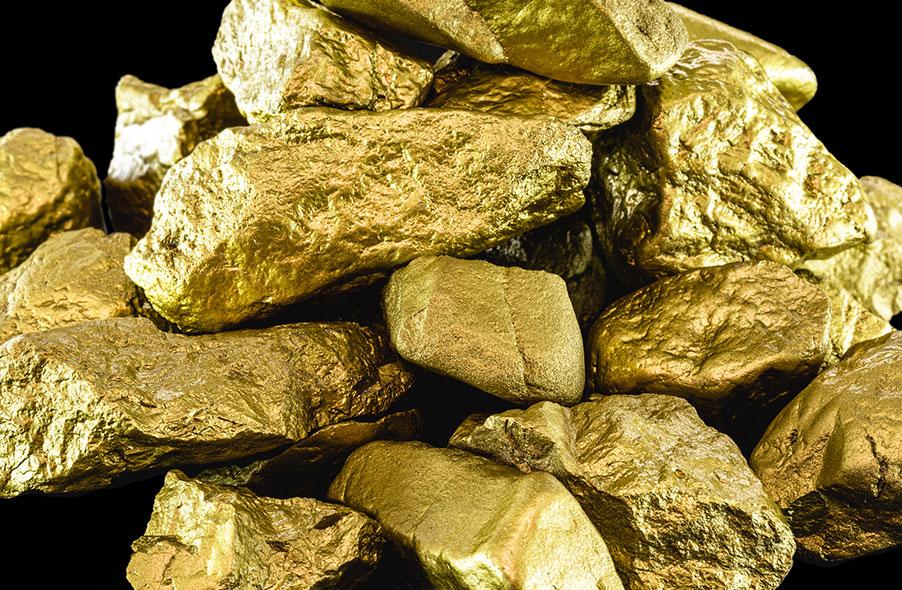
Gold has a long history of use in Nigeria and remains an important natural resource today. Its manufacture began in 1913 and peaked in the 1930s. Gold production, on the other hand, fell during and after WWII.
Nigeria has several gold deposits, with the largest found in the schist belts of northwestern and southwestern Nigeria. This include; Iperindo in Osun State, Malele, Gurmana, Okolom-Dogondaji, Anka, Maru, Bin Yauri and Tsohon Birnin Gwari-Kwaga. Other states with minor gold deposits include Abuja, Abia, Bauchi, Edo, Kaduna, Cross River, Kogi, Niger, Kebbi, Oyo, Osun, Zamfara, and Sokoto. Currently, gold reserves in Nigeria are estimated at 300 million ounces.
Talc
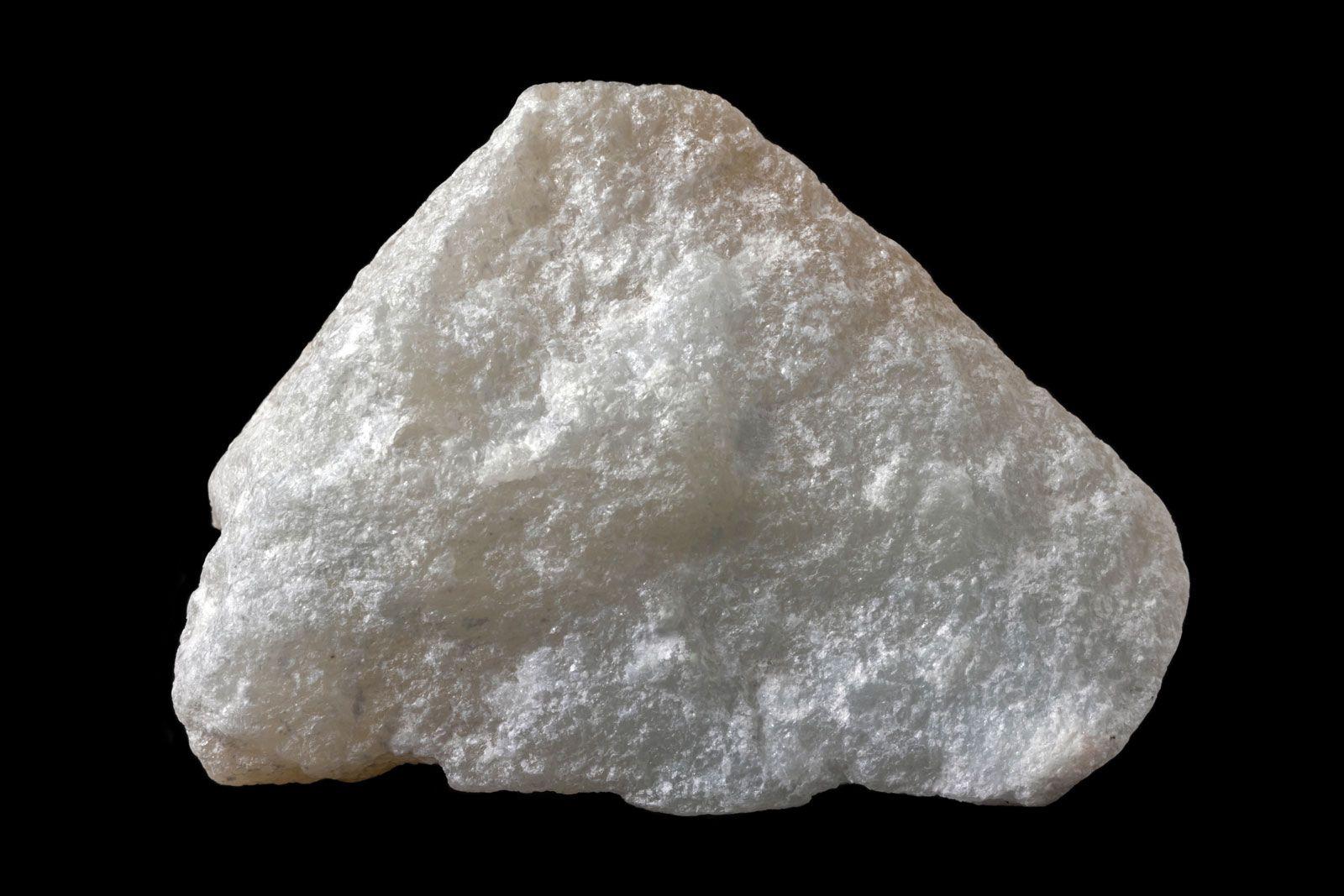
Talc is a soft mineral used in cosmetics, paper, paint, plastics, and more. Nigeria has large talc deposits, mainly in Nasarawa, Niger, Kaduna, Osun, Kogi, Yobe, and Oyo states.
The talc deposits in Nigeria are estimated to be over 100 million tons.
Bitumen
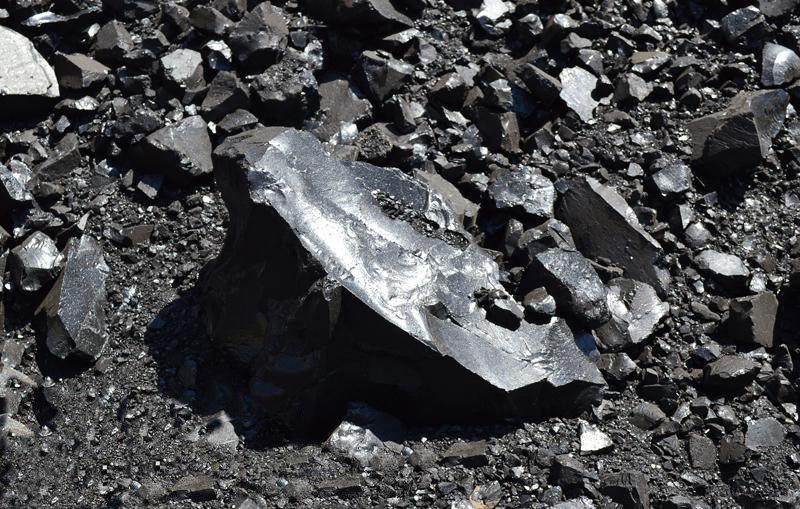
Bitumen deposits were first discovered in Nigeria in the 1900s, with the first exploration efforts made in 1905. The largest reserves are found in Canada and Venezuela. Nigeria has the second-largest bitumen deposit in the world and the largest in Africa. Bitumen is found in these locations Ondo, Edo, Ogun, and Lagos State.
Tar Sands
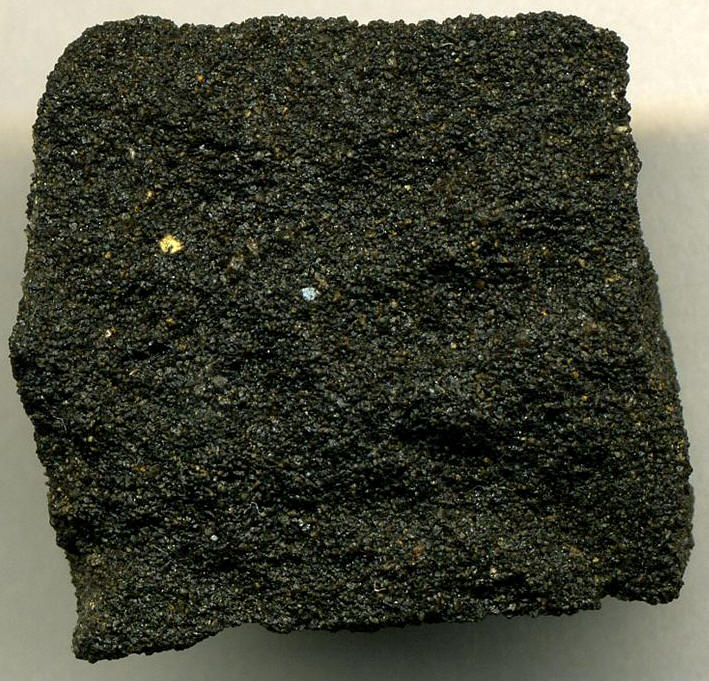
Tar sands, also known as oil sands, are a type of unconventional petroleum deposit. Nigeria has one of the largest deposits of tar sands in Africa, predominantly deposited in Nigeria’s Mid-West, the Eastern Dahomey Basin (Benin), and other parts of Edo State. Other locations include; Ondo and Abia states.
Tar sands are composed of sand, clay, water, and bitumen, a heavy black viscous oil. The bitumen is extracted from the sand and then processed into synthetic crude oil to make gasoline, diesel and other petroleum products.
Nigeria’s tar sands have been known since the early 20th Century, but development has been slow due to lack of investment and technology. The extraction requires strip mining or heating the sands underground to separate the bitumen, which can be energy-intensive and environmentally damaging if not regulated properly.
Dolomite
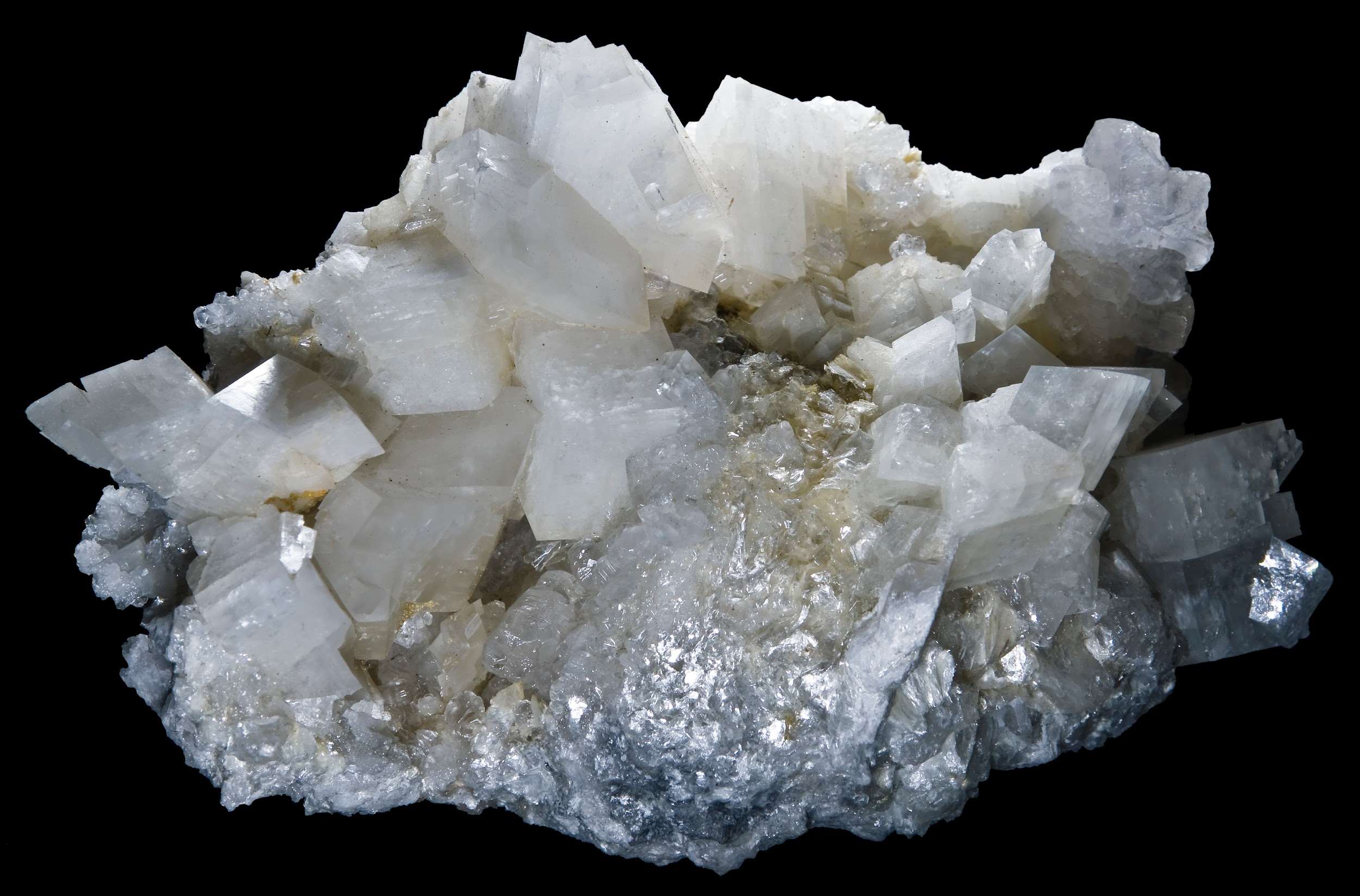
Dolomite, a mineral composed of calcium magnesium carbonate, has a rich history and diverse uses in Nigeria. This versatile resource is widely distributed across the country and holds great potential for various industries.
The history of dolomite in Nigeria dates back to ancient times when it was used for its medicinal properties. The mineral was believed to possess healing qualities and was utilized in traditional medicine to treat ailments such as indigestion and stomach issues. Over the years, the understanding of dolomite’s properties expanded, and its applications diversified.
In modern times, dolomite plays a crucial role in several industries. Its primary use lies in the production of cement and concrete. Dolomite is an essential ingredient in the manufacturing process of these materials, as it provides strength, durability, and chemical stability. Additionally, dolomite is utilized in the production of glass, ceramics, and refractory bricks, further highlighting its significance in the construction and manufacturing sectors.
Apart from its industrial applications, dolomite also finds use in agriculture. The mineral is recognized for its ability to neutralize acidic soils, making it valuable in farming. Farmers often incorporate dolomite into their soil to enhance its pH balance and improve crop productivity.
Geographically, dolomite deposits can be found in several states across the country. Notable locations include Abuja, Edo (Ikpeshi and Akoko), Yobe, Kwara, Nasarawa, Kogi, Kwara, and Oyo. These regions are known for their abundant dolomite resources, attracting mining operations and investments. The accessibility of these deposits facilitates the extraction and utilization of dolomite for various purposes.
Phosphate
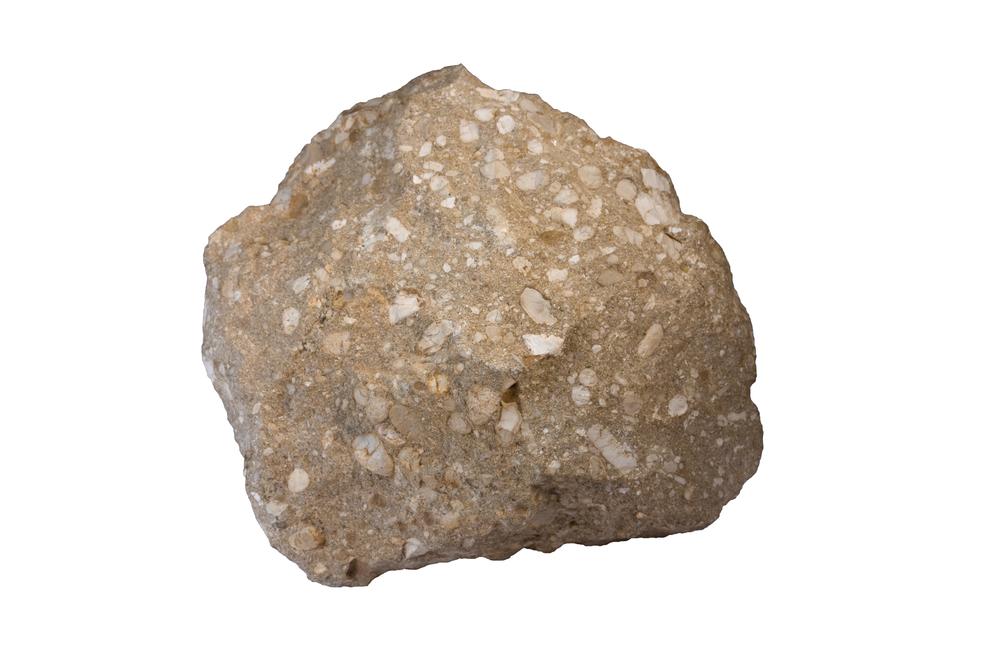
Phosphate rock was first discovered in Nigeria in the 1940s. Nigeria has large deposits of phosphate rocks in Sokoto, Abia, Ogun, Edo and Imo States. Phosphate deposits are extensive in four sedimentary basins in Nigeria: the Dahomey basin in Ogun state, the Lullemeden basin in Sokoto state, the Anambra basin in Imo state, and the Niger Delta basin in Edo state. Nigeria’s phosphate rocks contain, on average, 30-40% P2O5.
Phosphate is a key raw material for phosphoric acid and phosphate fertilizers. It is used in fertilizers to enrich the soil with phosphate, one of the three primary plant nutrients. Phosphate fertilizers help promote root growth and increase crop yields.
Wolframite
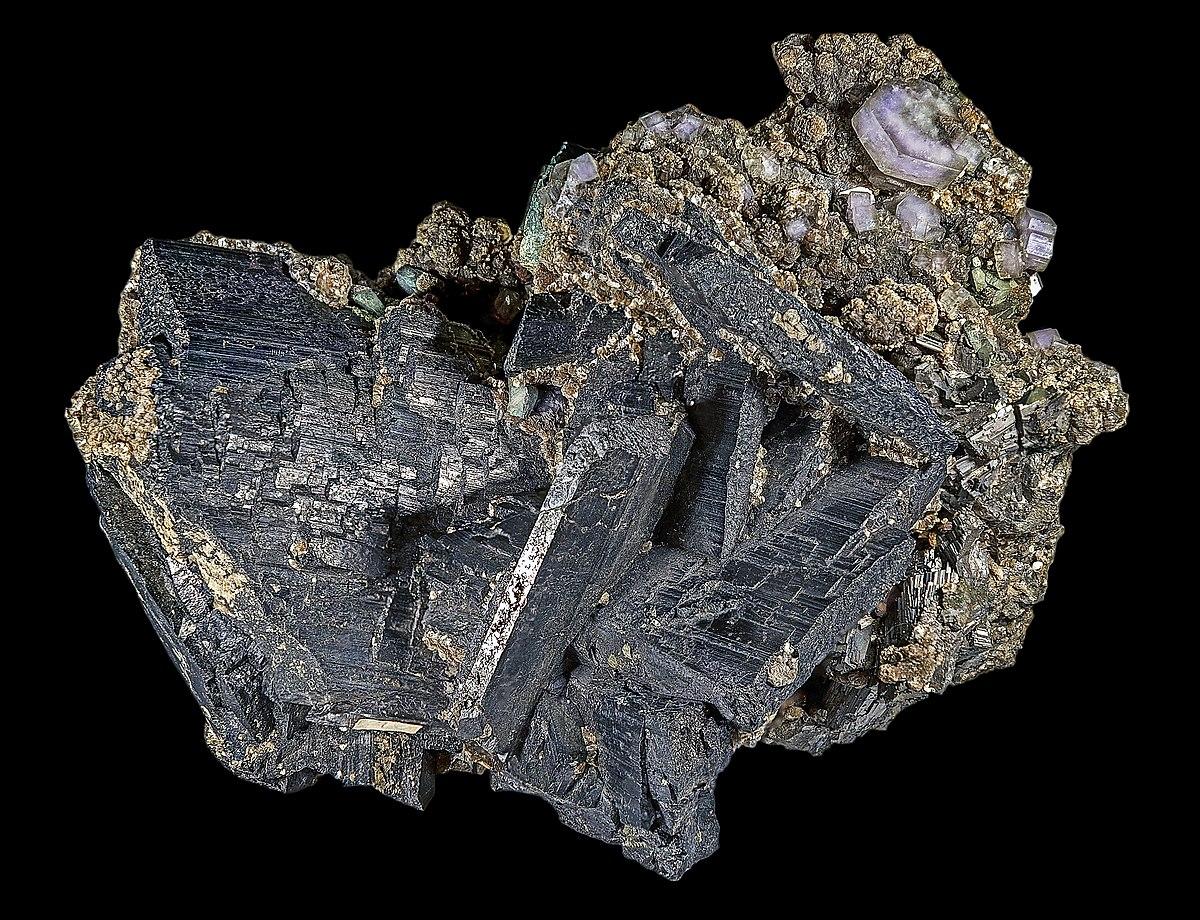
Wolframite, also known as tungsten ore, holds a significant place in Nigeria’s natural resource landscape. Its history dates back to the early 20th century when the mineral was first discovered in the country. Since then, Nigeria has emerged as a prominent player in the global wolframite market.
The uses of wolframite are diverse and far-reaching. One of its primary applications lies in the production of tungsten metal. Tungsten is known for its exceptional strength and high melting point, making it a crucial component in various industries. From the aerospace and automotive sectors to electronics and construction, tungsten finds its way into a wide range of products. Its heat resistance and durability make it an ideal material for manufacturing filaments, electrical contacts, and cutting tools.
In Nigeria, the presence of wolframite is concentrated in several regions. Notable locations include Plateau, Kano, Kaduna, Bauchi, and Niger states. These areas are renowned for their abundant wolframite deposits, which have attracted considerable attention from mining companies and investors.
Beyond its industrial applications, wolframite also holds potential in renewable energy technologies. Tungsten is a critical component in the production of photovoltaic cells, which are used in solar panels.
Galena
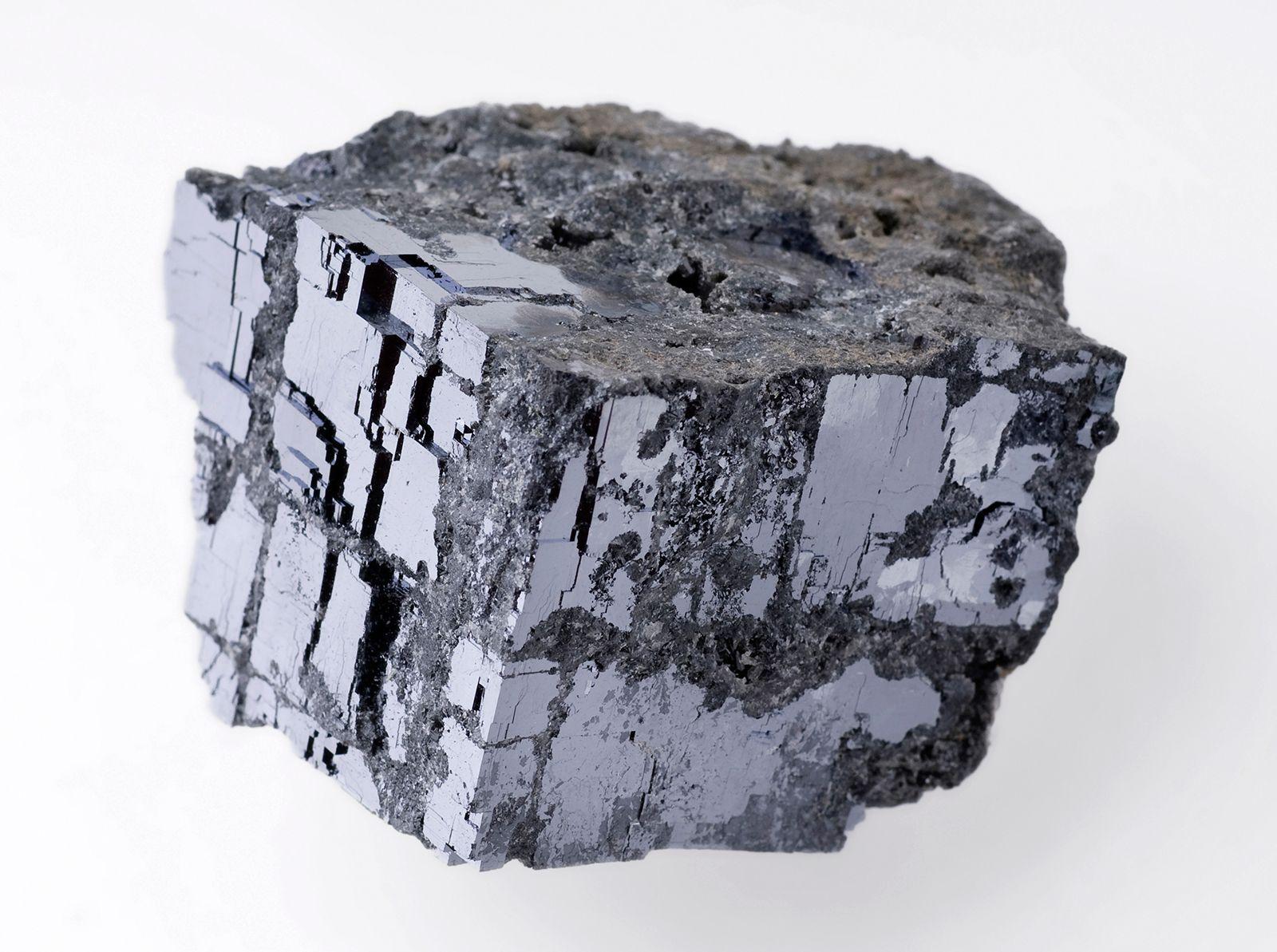
Galena is an important mineral in Nigeria, used in many industries. Galena contains lead sulfide (PbS), the major mineral of lead. Nigeria has abundant deposits of galena in Ishiagu, Ebonyi State. Other states with deposits include; Nasarawa, Ekiti, Kwara, Taraba, Kogi and Ogun.
Galena has been mined for centuries and used in many applications. The Romans used it for plumbing, and today, it’s mainly used in batteries, ammunition, and radiation shielding.
Galena deposits often contain silver, so lead-silver ores are common. The silver can be extracted as a by-product during lead processing. Galena is also used as a semiconductor in some electronic components.
Fluorite
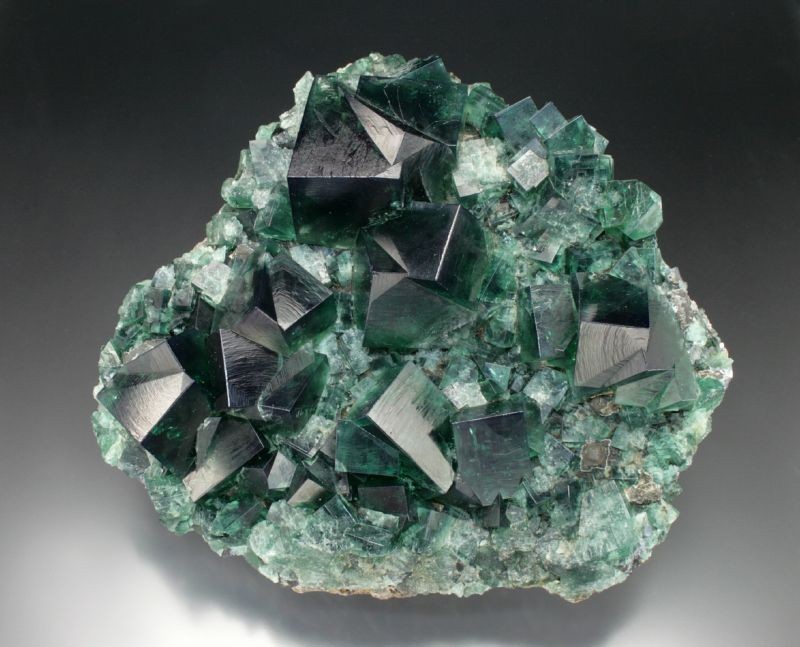
Fluorite, also known as fluorspar, is a mineral composed of calcium fluoride (CaF2). It is often found in hydrothermal veins and hot springs. Unlike many other abundant natural resources in Nigeria, fluorite is only found in trace amounts. In its pure state, it is a colorless crystal. However, due to the presence of impurities, it appears in a variety of colors. In Nigeria, fluorite deposits are found in Taraba state.
Fluorite has been used for centuries as a flux to lower the melting point of ores in steel production. Today, the mineral is also used to make fluorine compounds used in refrigerants, enamels, and welding rod coatings. The optical properties of fluorite make it useful for some specialty lenses and precision optics.
Manganese
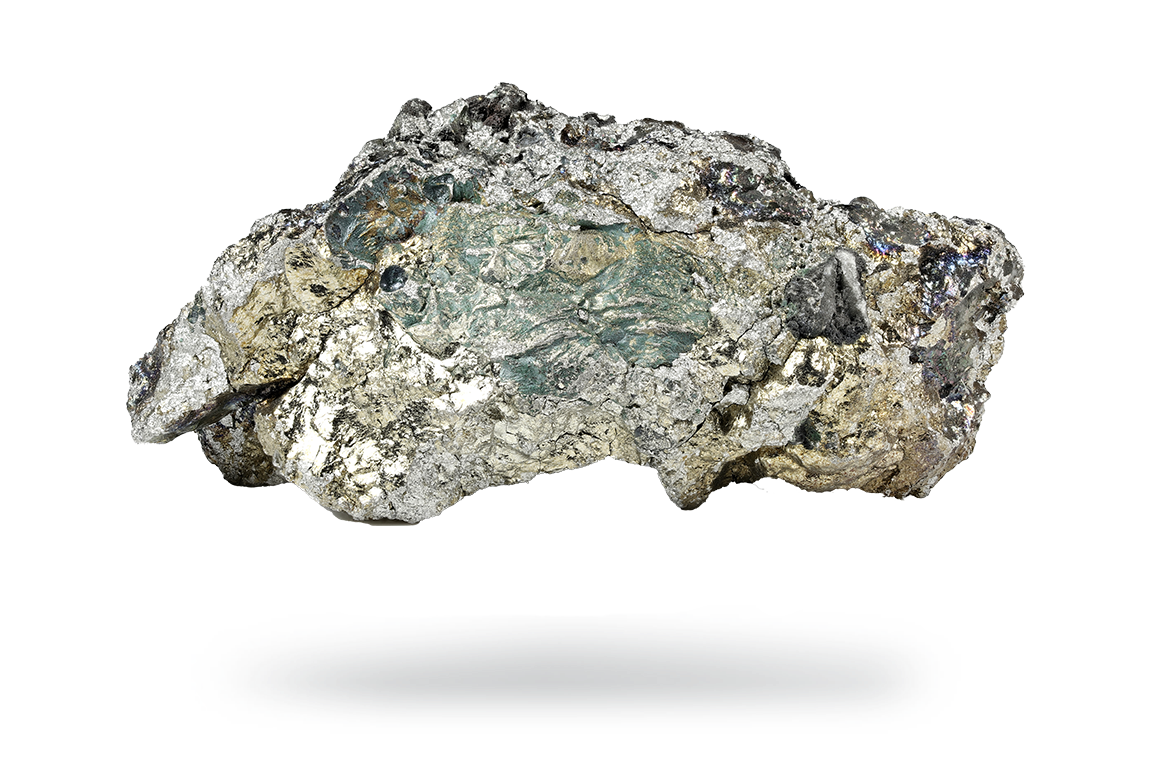
Manganese is essential for steel production and important for aluminum alloys. Nigeria has large deposits of manganese across several states.
The largest deposits are found in Kaduna, Kebbi, Borno, Cross River, Nasarawa, Plateau, and Bauchi states. The Kaduna deposits are found near Zaria in Lere, Tofa and Ikara local government areas. Cross River State has manganese resources in Oban, Mamfe and Akamkpa areas. Kebbi and Bauchi also contain scattered manganese deposits.
Magnesium
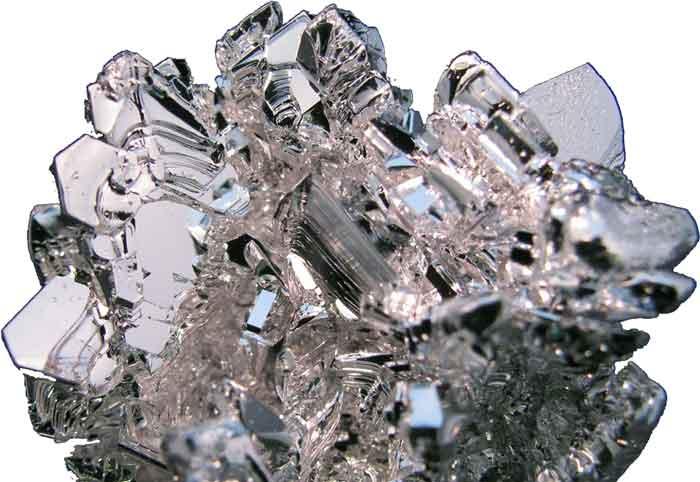
Magnesium is a versatile and essential mineral that plays a crucial role in various industries. With its numerous uses and benefits, Nigeria has recognized the significance of magnesium and has made strides in its production and utilization.
The history of magnesium dates back to ancient times, when it was first discovered by the British chemist Sir Humphry Davy in 1808. Since then, its applications have expanded, and it has become an integral part of modern society.
In Nigeria, magnesium is not widely deposited as it is in certain other African countries. It exists in nature alongside other mineral resources. Magnesium is the world’s eighth most prevalent natural element. Magnesium is deposited in Adamawa and Kebbi states.
The uses of magnesium are vast and diverse. One of its primary applications is in the manufacturing of lightweight alloys. Magnesium alloys possess exceptional strength-to-weight ratios, making them highly desirable for various industries, including aerospace, automotive, and electronics. These alloys are used to produce components such as aircraft parts, car bodies, and smartphone casings, contributing to the advancement of technology and transportation.
Furthermore, magnesium is extensively utilized in the production of fertilizers, benefiting Nigeria’s agricultural sector. Magnesium-based fertilizers help improve soil fertility and enhance crop yields, ensuring sustainable and efficient farming practices across the country.
Beyond industrial applications, magnesium also plays a vital role in promoting human health. It is an essential mineral for the human body, supporting numerous physiological functions. Adequate magnesium intake is crucial for maintaining healthy bones, regulating blood pressure, and supporting proper nerve and muscle function.
Quartzite
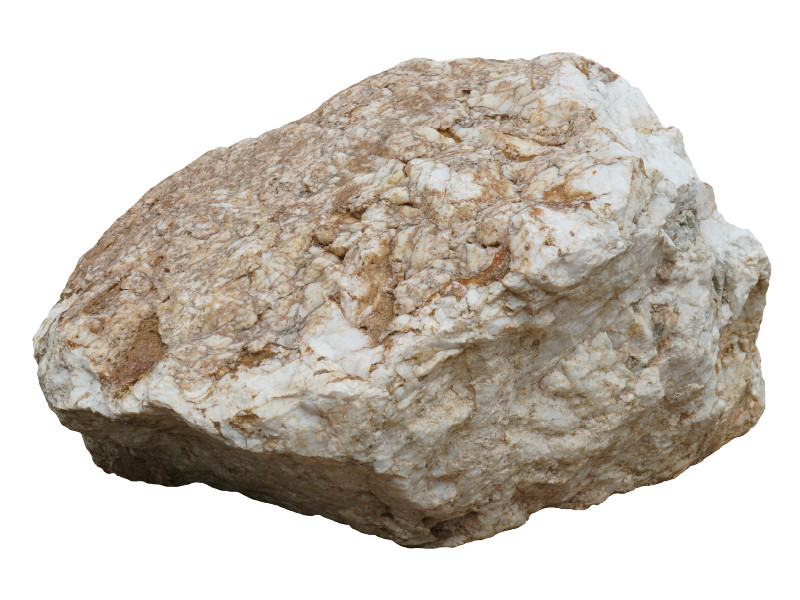
Quartzite is an extremely hard metamorphic rock that was originally sandstone. Heat and pressure caused the sand grains to fuse together, creating quartzite.
Quartzite is made up of quartz, the most common mineral in the Earth’s continental crust. When sandstone is subjected to heat and pressure, the quartz grains fuse together to form extremely hard and durable rock. The quartzite in Nigeria has been quarried for centuries and used as building blocks for walls, foundations and roads. The quartzite deposits are found mainly in Oyo, Ekiti, Kogi, Kwara, and Taraba States.
Feldspar
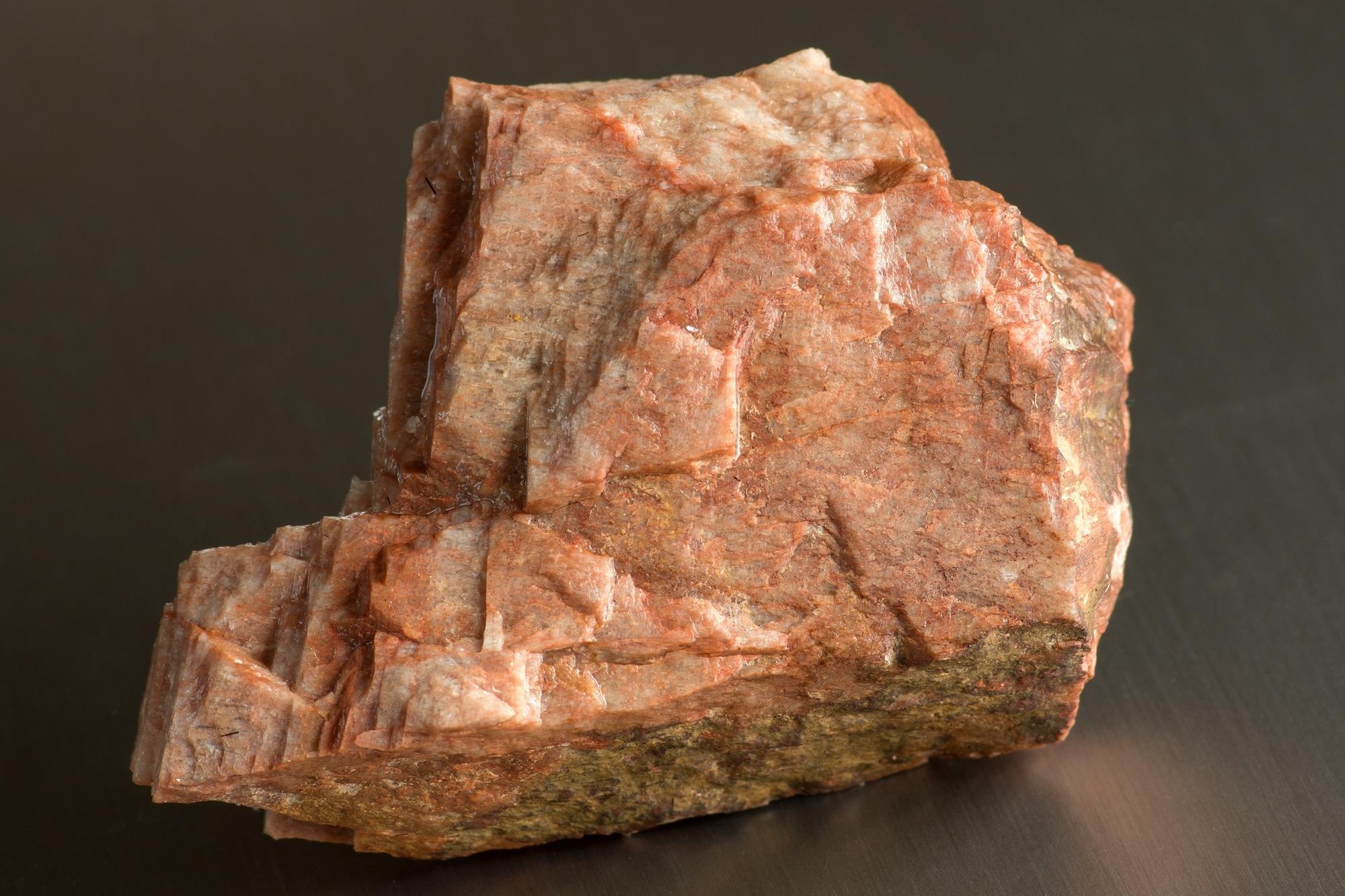
Feldspar, a versatile mineral, has a rich history and numerous uses across various industries. Found abundantly in Nigeria, feldspar deposits are scattered in several states, including Kogi, Ondo, Abia, and Ogun.
With its unique properties, feldspar has become a sought-after resource in the ceramics and glass industries. Its high alumina content and low iron make it an ideal ingredient for manufacturing porcelain, tiles, glassware, and sanitaryware. Nigerian artisans and craftsmen have long cherished feldspar for its ability to enhance the beauty and durability of their creations.
Beyond ceramics and glass, feldspar is also utilized in the production of paints, coatings, and plastics. Its fine particle size and excellent binding properties make it an essential component in these industries, contributing to the development of vibrant colors, protective coatings, and durable materials.
Furthermore, feldspar plays a significant role in the construction sector. Its presence in concrete and cement enhances the strength, workability, and durability of these materials.
Columbite
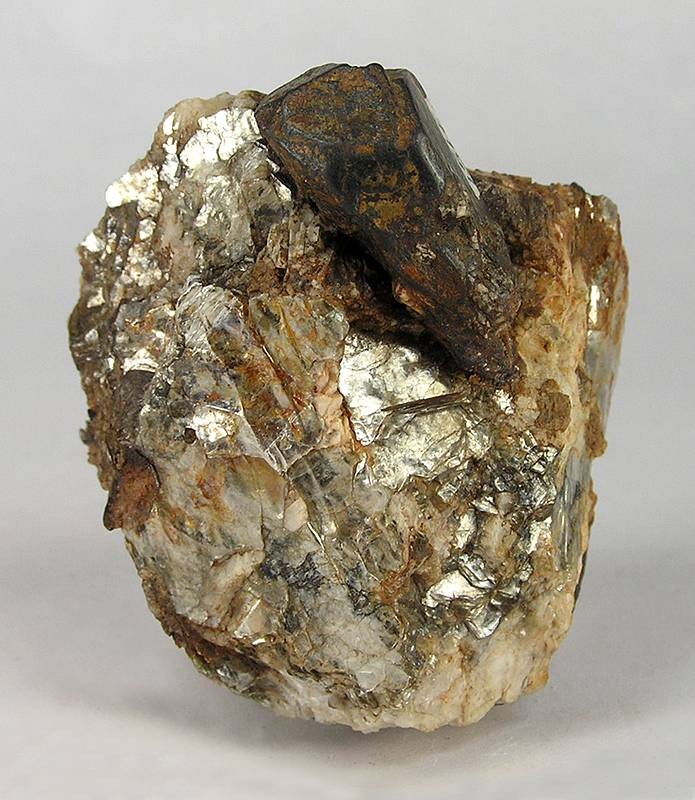
Columbite is a black mineral consisting of niobium, tantalum, and iron. It is used in many industries for its heat-resistant properties. Columbite can be found in Abuja, Plateau, Kwara, Nasarawa, Kogi, and Kano states in Nigeria.
Kaolin
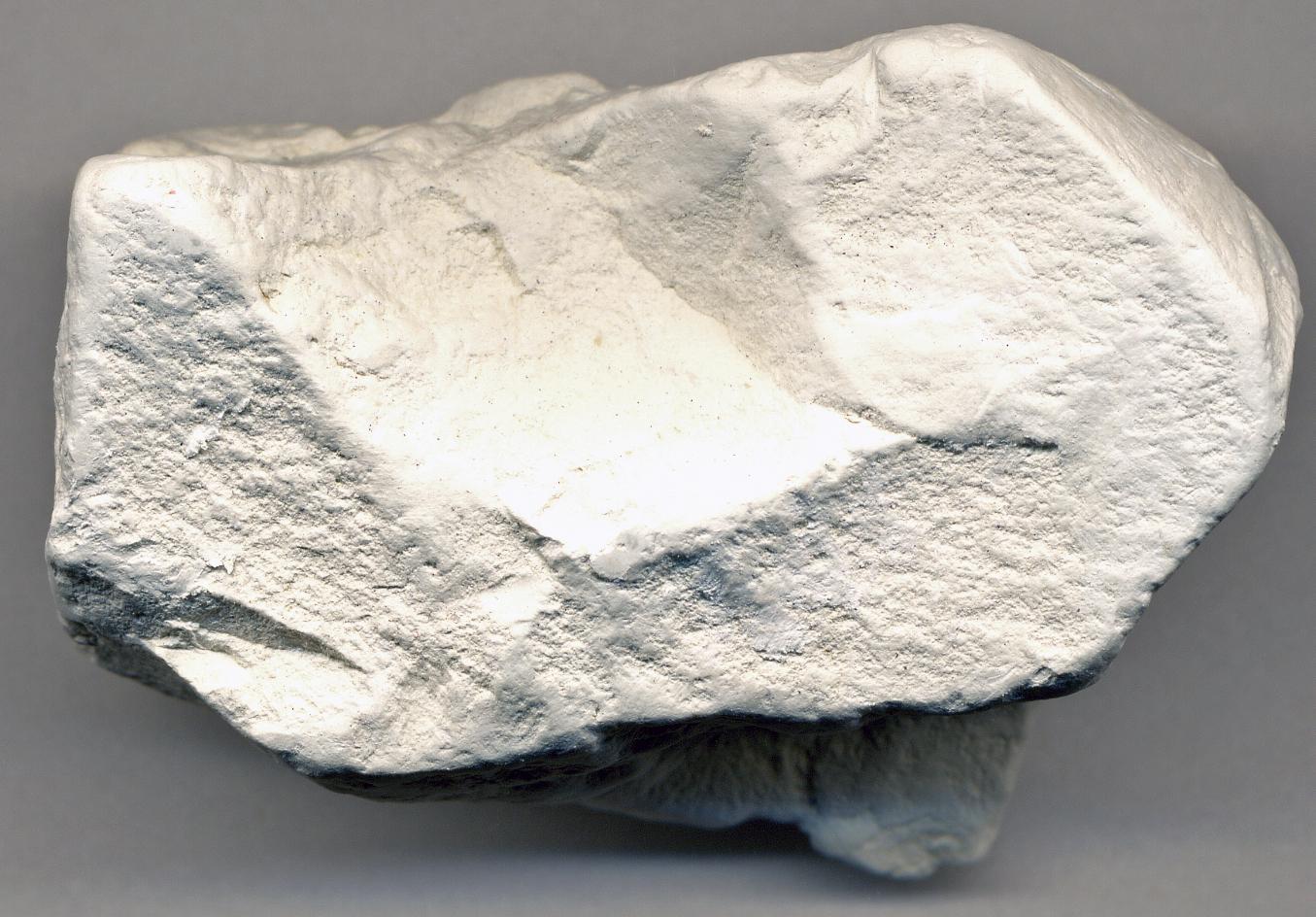
Kaolin is an important mineral resource in Nigeria, with significant deposits found across several states. Some of the major locations of kaolin in the country include; Adamawa, Abia, Ondo, Ogun, Oyo, Ekiti, Borno, Delta, Kaduna, Katsina and Plateau States.
Kaolin has been used in Nigeria for centuries, with the earliest known use dating back to the 9th century, when it was used to make pottery and in medicine. Today, kaolin has various industrial applications and is commonly used in the production of paper, cosmetics, medicines, ceramics and paints.
Uranium
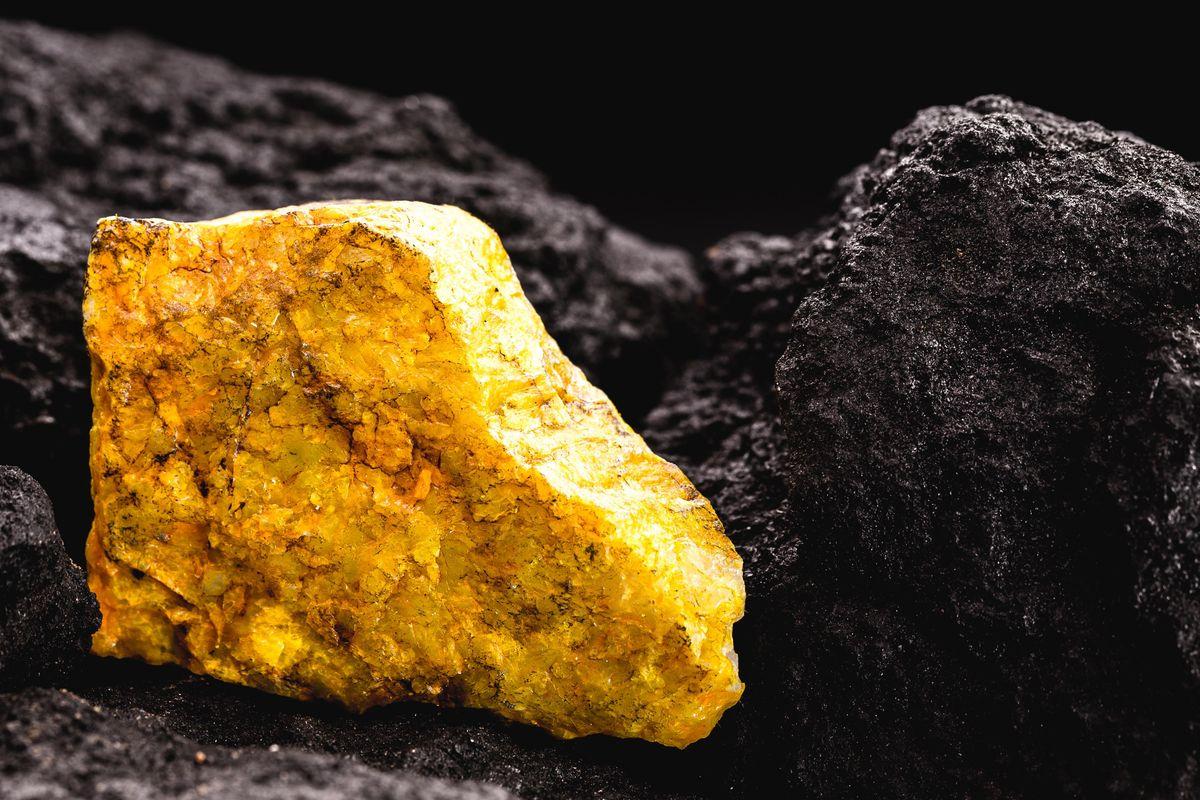
Uranium exploration began in Nigeria in 1973. Nigeria, on the other hand, does not currently mine it. There are no operating uranium mines and no commercial uranium reserves in Nigeria. Uranium is mainly used to produce nuclear energy and fuel nuclear power plants.
Uranium deposits have been found in Cross River, Akwa Ibom, Adamawa, Taraba, Plateau, Bauchi and Kano states.
Silica
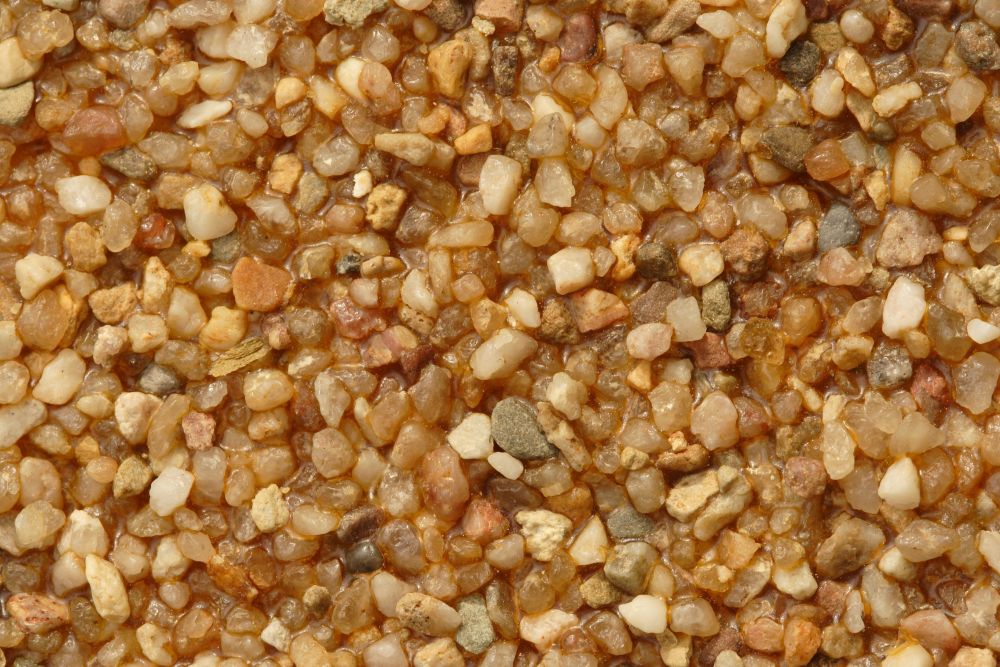
Silica is one of the most abundant minerals in Nigeria. Found in sand and quartz, silica has a variety of uses in industries like glass making, ceramics, and construction. Nigeria’s large silica deposits are located in the northern and southeastern parts of the country, such as Jigawa, Delta, Ondo, Lagos, and Kano States.
Marble
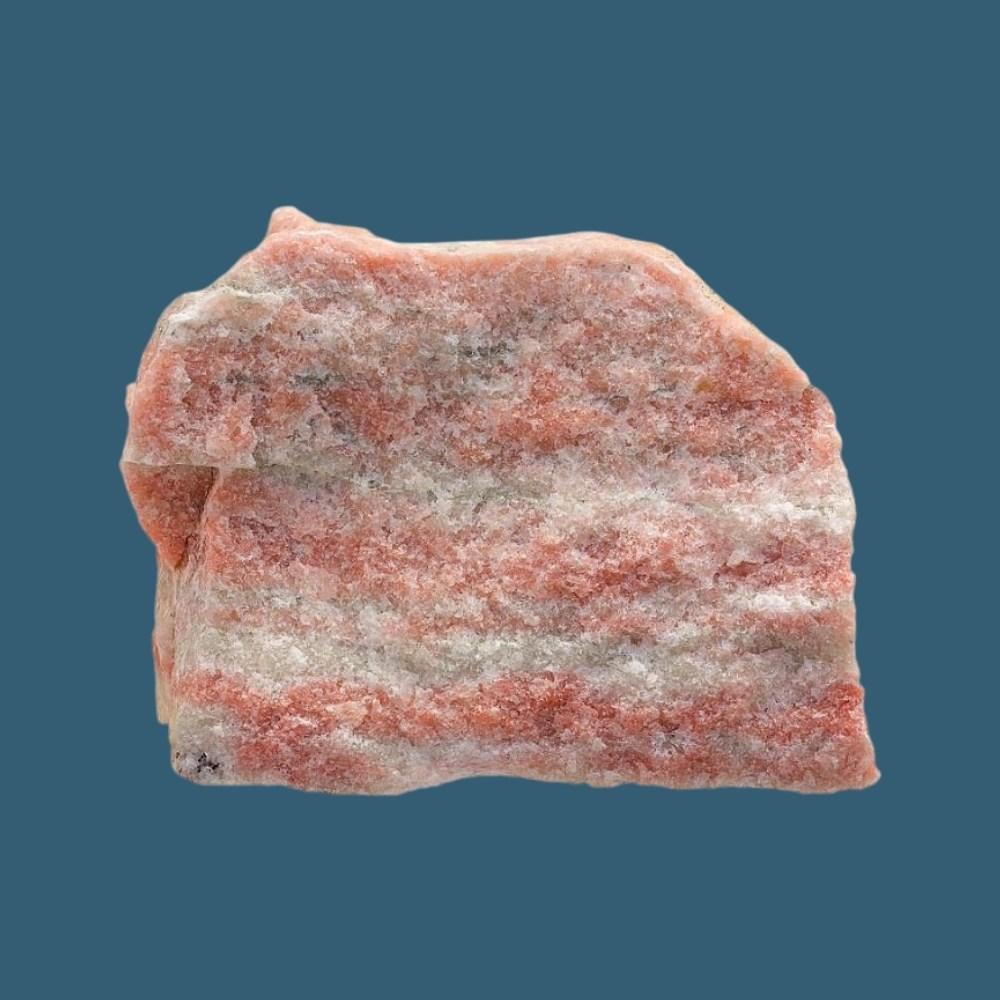
Marble is a metamorphic rock formed from limestone or dolomite that has been subjected to heat and pressure. Nigeria has large deposits of marble, especially in Abuja, Benue, Katsina, Kogi, Kwara, Oyo, Plateau, and River states.
Some uses of marble include:
- Building materials (flooring, tiles, countertops)
- Sculpture and monuments
- Aggregate in concrete and cement
The marble belt in Nigeria spans approximately 400 km, with reserves estimated at over 144061.6 tons.
Titanium
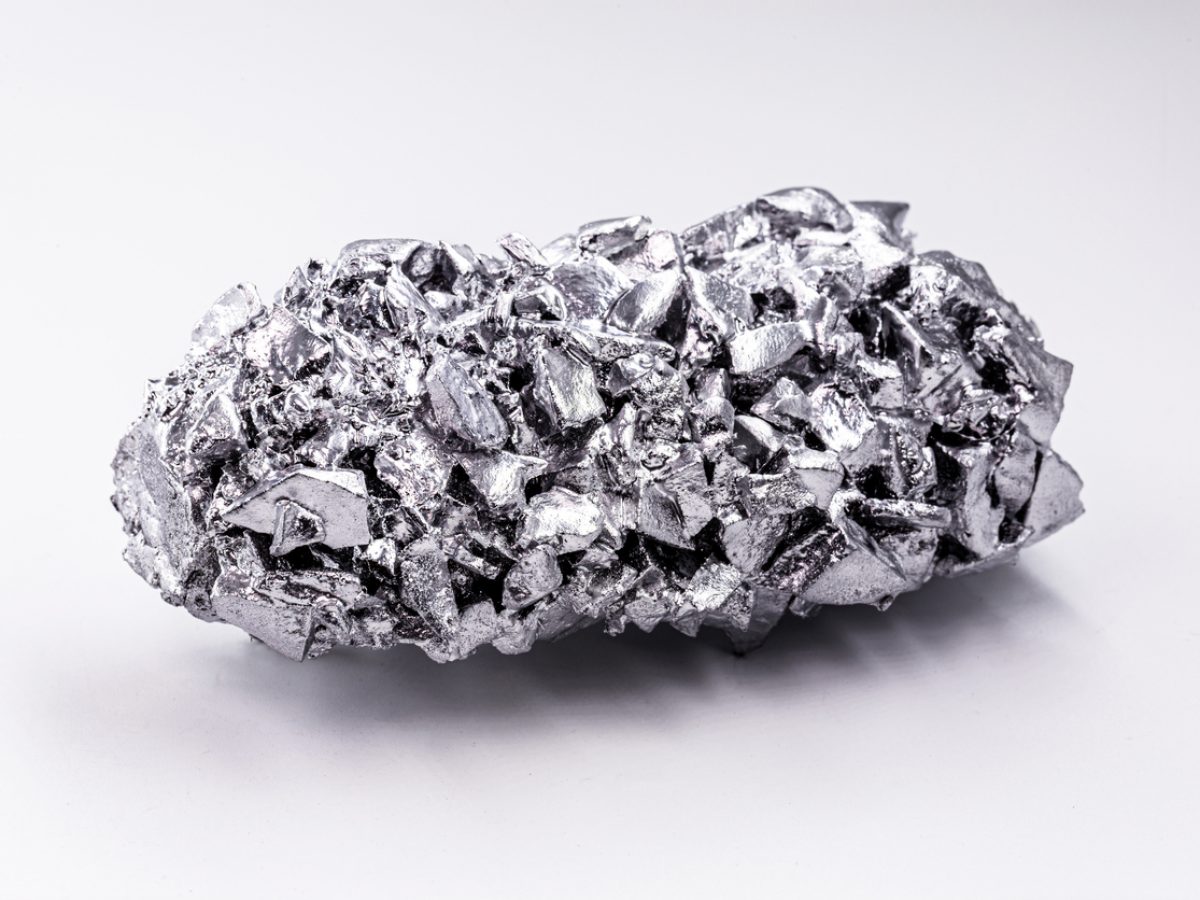
Titanium is a metallic element; it is strong yet lighter than steel and has a very high melting temperature. Unlike several other natural resources and minerals in Nigeria and other regions of Africa, It is mainly deposited in Ekiti state. Titanium’s discovery dates back to 1791 by an English clergyman named William Gregor.
Diatomite
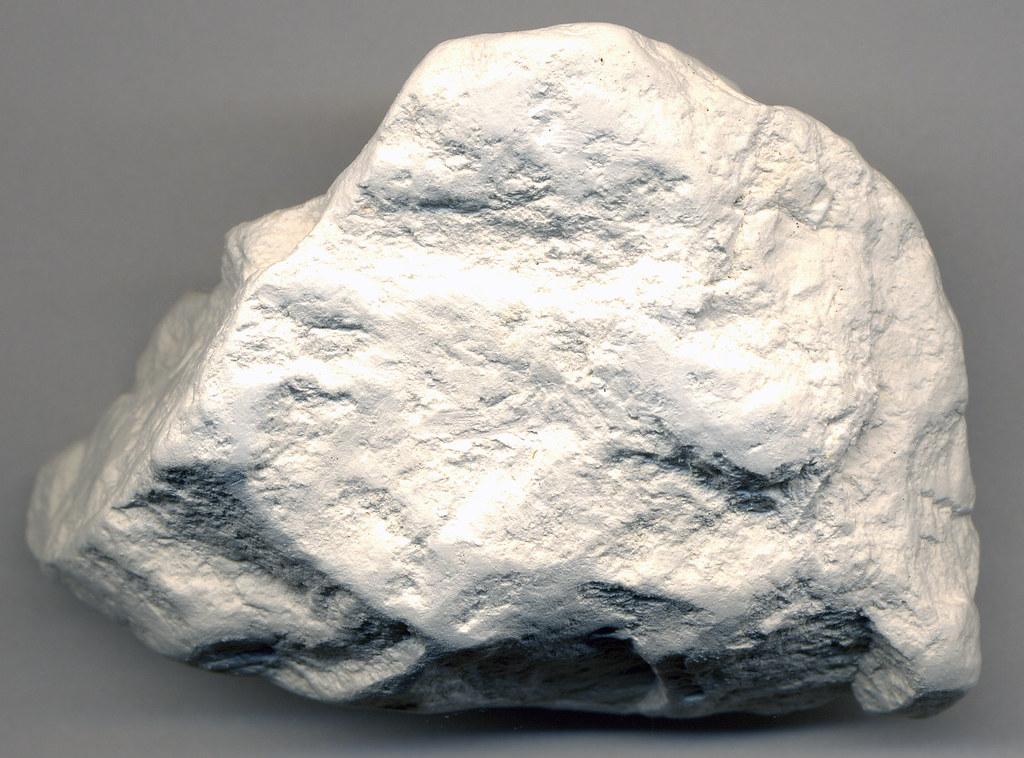
Diatomite, also known as diatomaceous earth, is a soft, siliceous sedimentary rock that is easily crumbled into a fine white to off-white powder. It consists primarily of the microscopic remains of diatoms, a type of hard-shelled algae. Nigeria has large deposits of diatomite located in Abuja, Nasarawa, Oyo and Koji states.
Coal
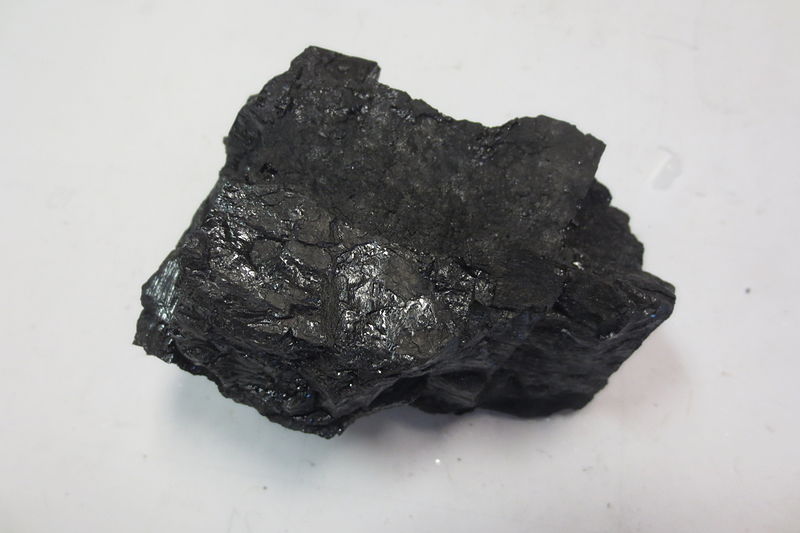
Coal has played a significant role in Nigeria’s energy sector for decades. Its discovery dates back to 1909 in Enugu, making it one of the oldest known coal mines in the country. With vast reserves scattered across states such as Enugu, Benue, Delta, Kwara, Abia, Imo, Edo, Ondo, Adamawa, Bauchi and Kogi, Nigeria has been able to harness coal’s potential for various purposes.
The uses of coal are diverse and extend beyond energy production. Historically, it has been a vital fuel source for electricity generation, powering industries, and heating homes. Additionally, coal has been crucial in the manufacturing of coke, a primary component in the steel industry. Its by-products also find applications in the production of tar, benzene, and ammonia.
In recent years, the focus has shifted towards cleaner coal technologies, such as coal gasification and carbon capture, utilization, and storage (CCUS). These innovations aim to reduce greenhouse gas emissions and mitigate the environmental impact associated with coal use.
Conclusion
So there you have it; Nigeria is blessed with abundant natural resources that, if properly harnessed, can transform the economy. With large deposits of crude oil, natural gas, coal, bauxite, gold, iron ore, limestone, niobium, lead and zinc, Nigeria has the potential to become an economic powerhouse. However, decades of mismanagement and corruption have squandered much of this promise.
As a citizen, you have a role to play to ensure these resources benefit the country. Hold leaders and government accountable, support transparency initiatives and vote for leaders with a vision to diversify the economy. The natural resources are there; it’s time for Nigeria as a whole to make the most of them. Together, we can build a more prosperous future for generations to come.

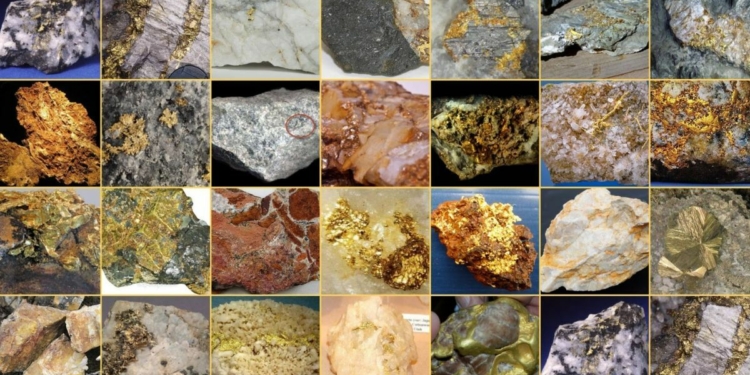
Discussion about this post